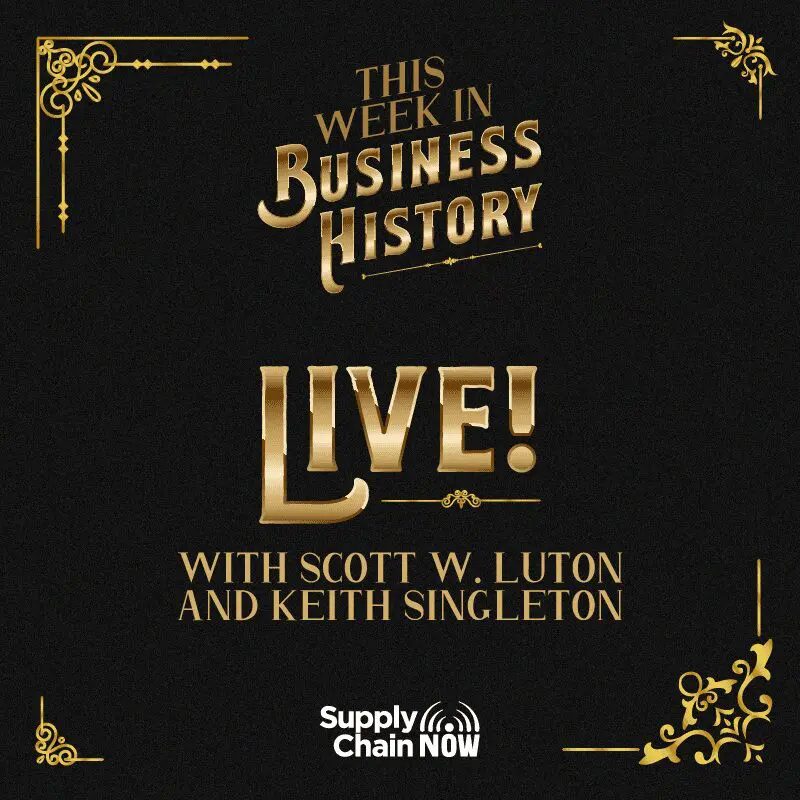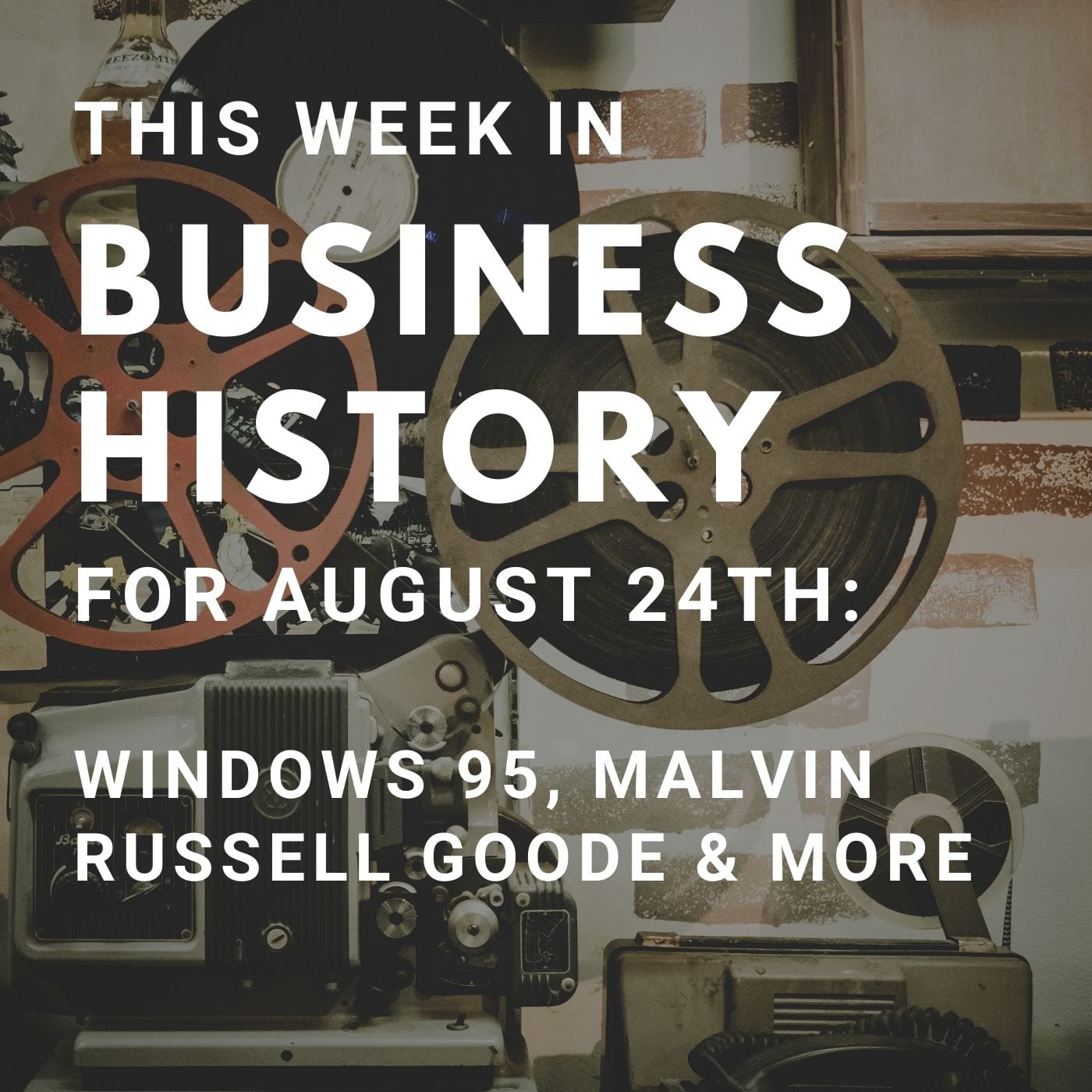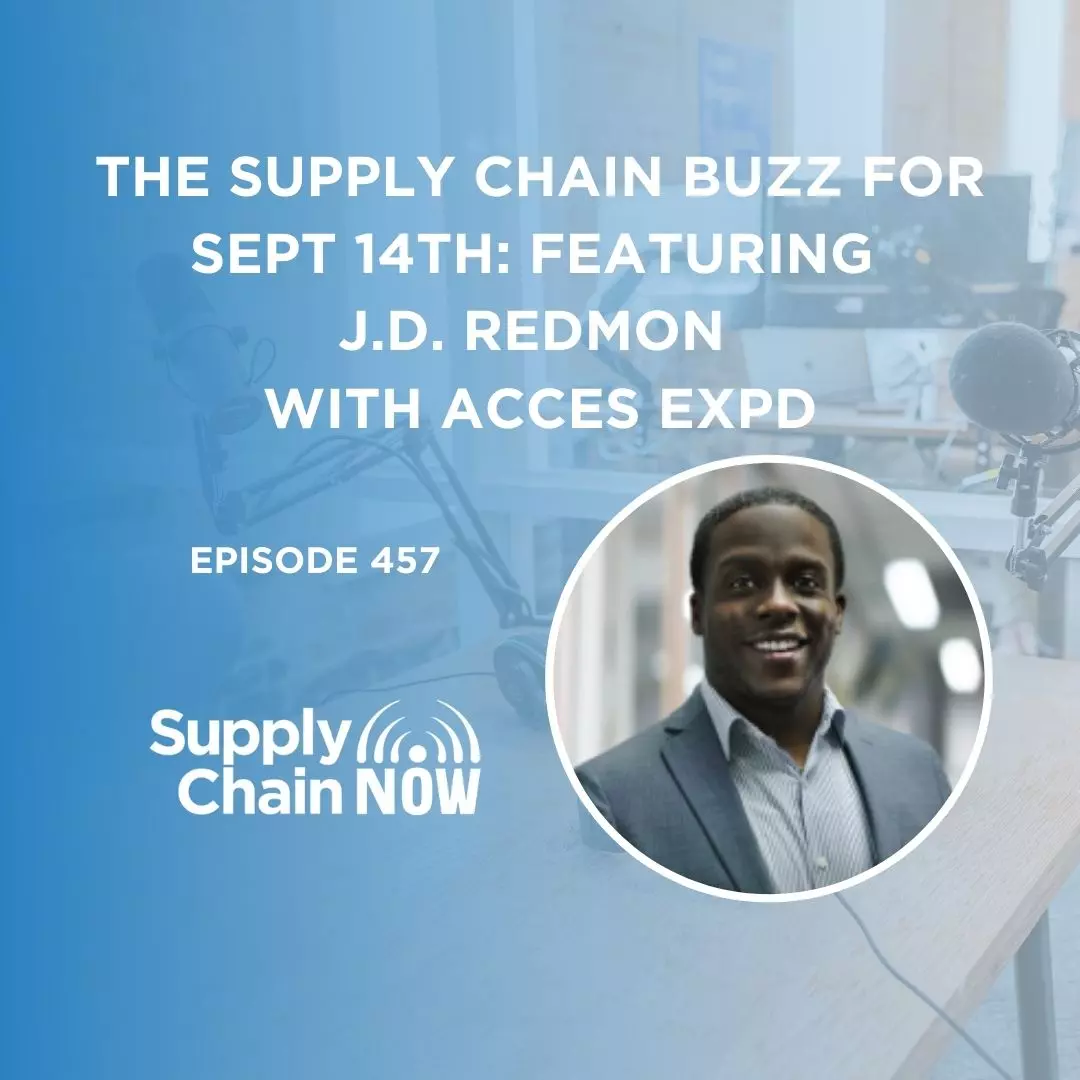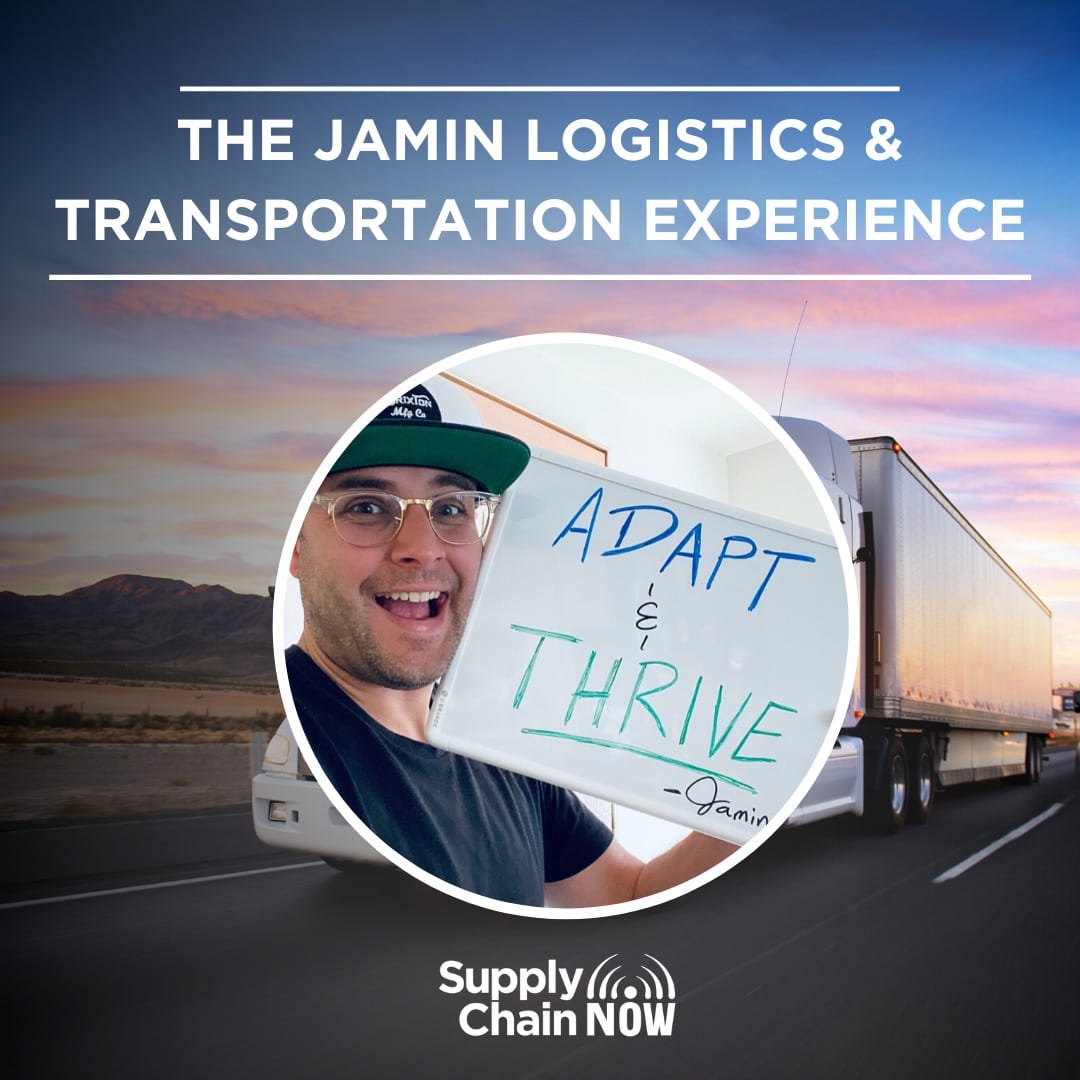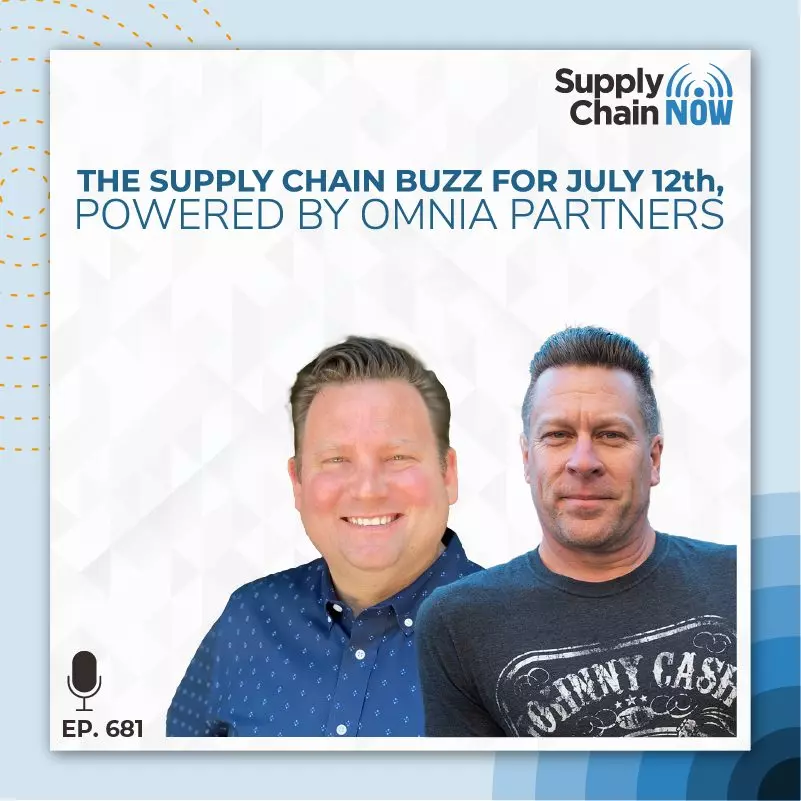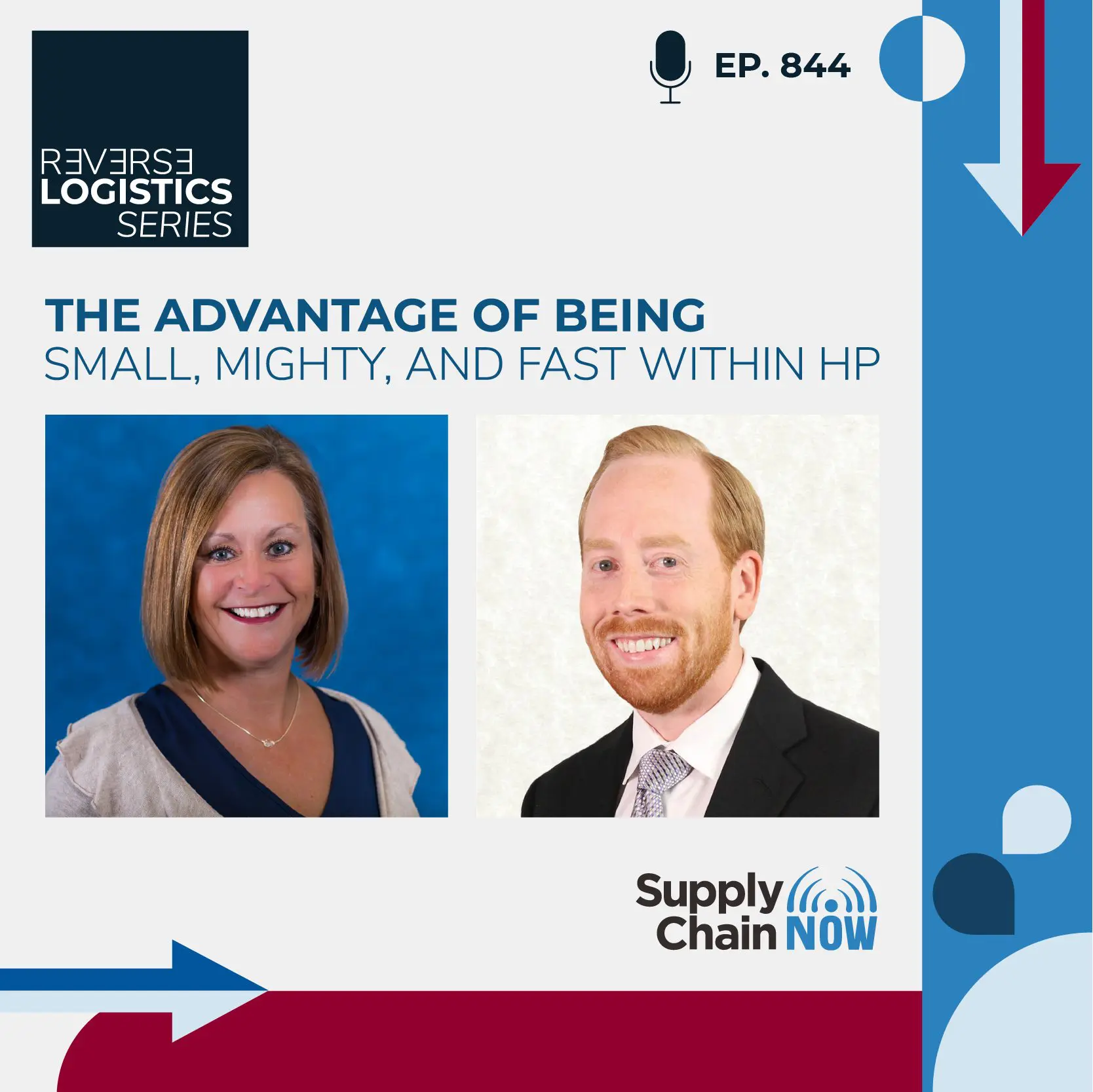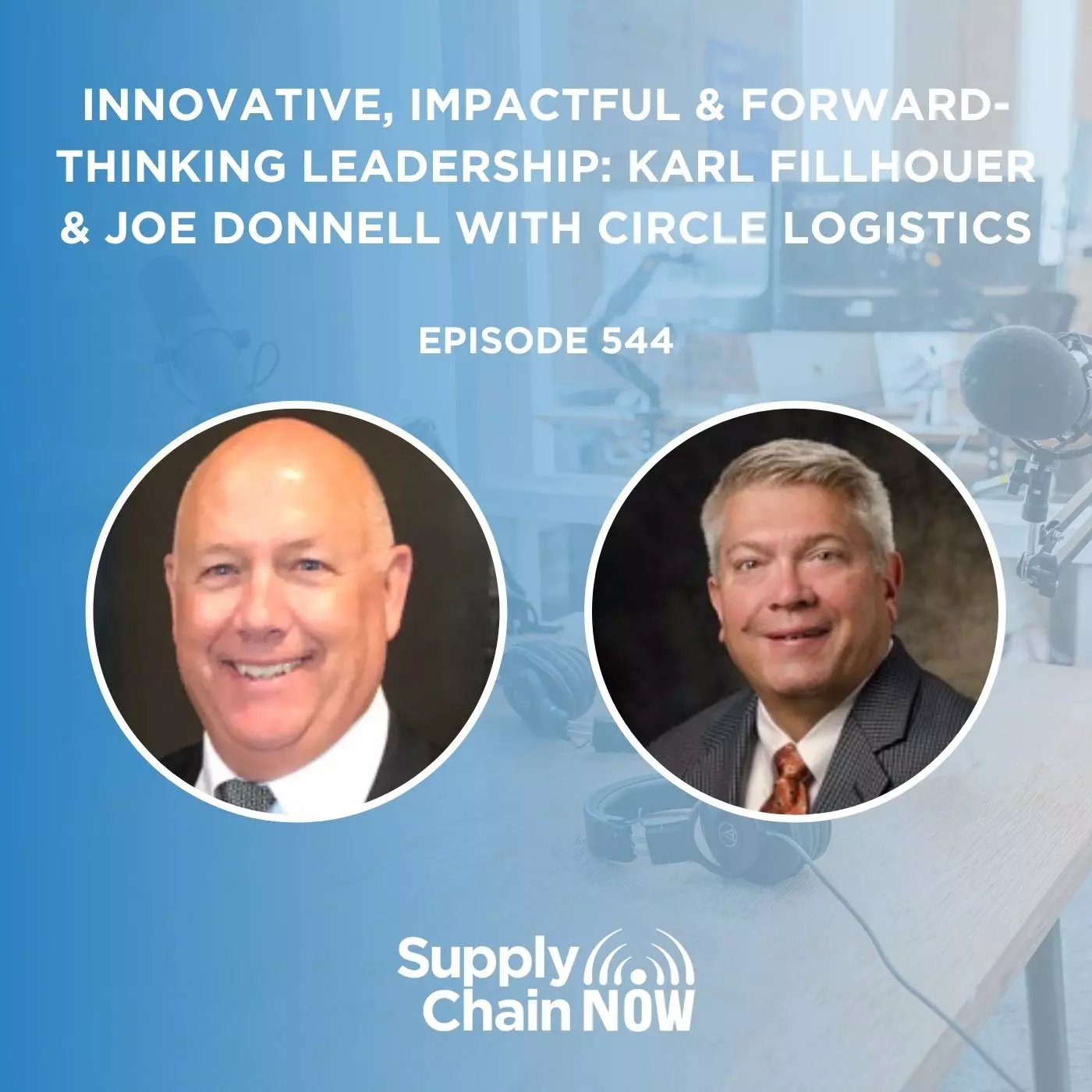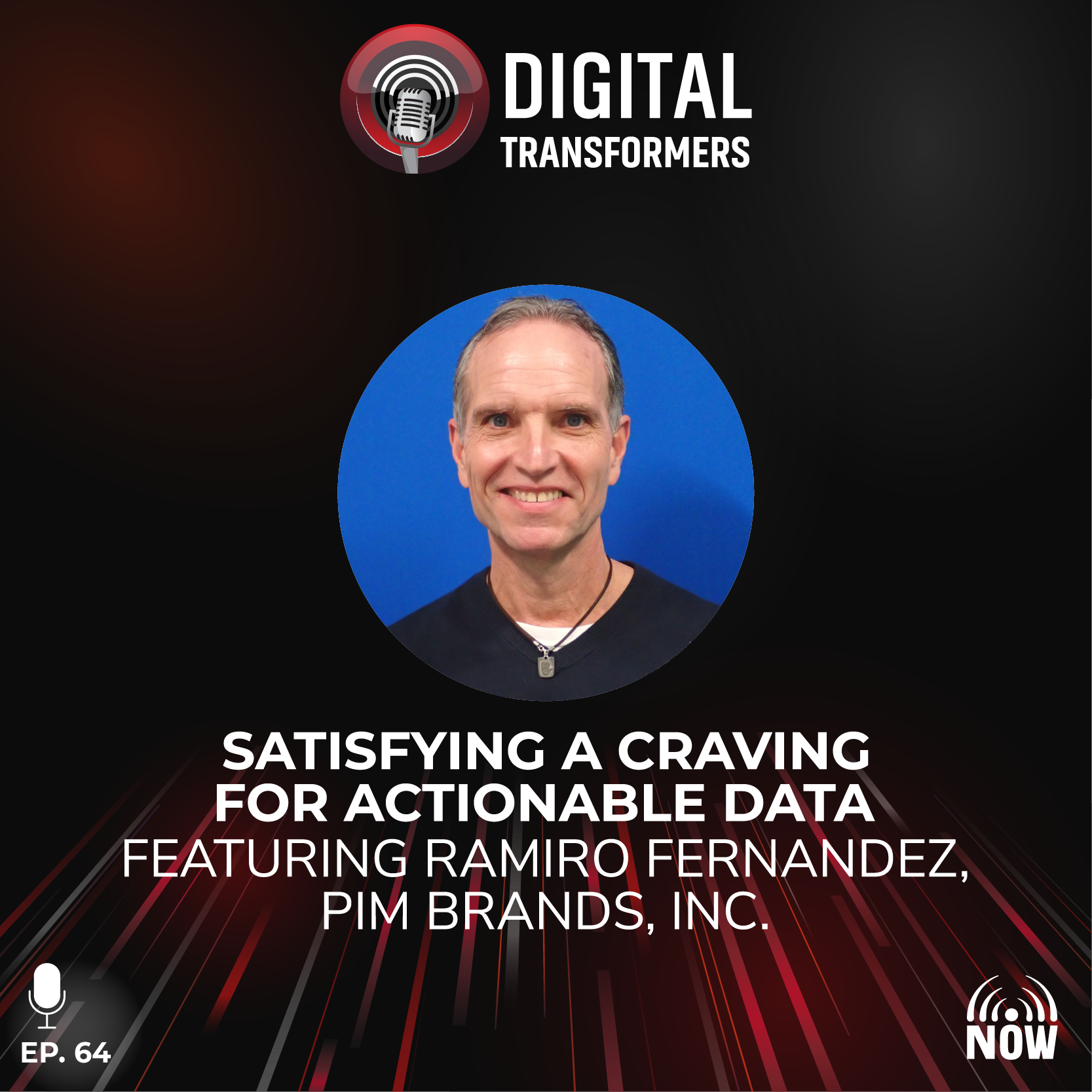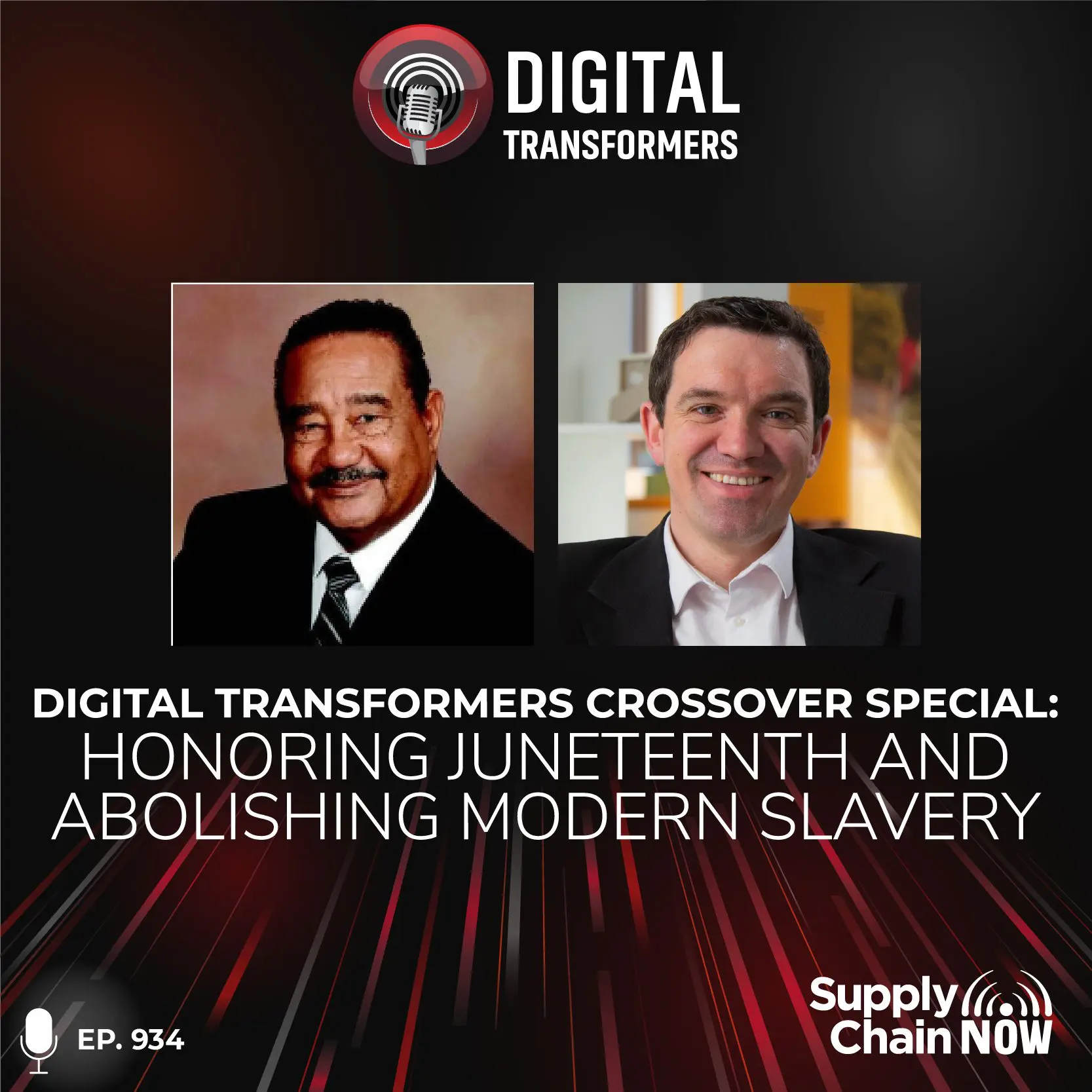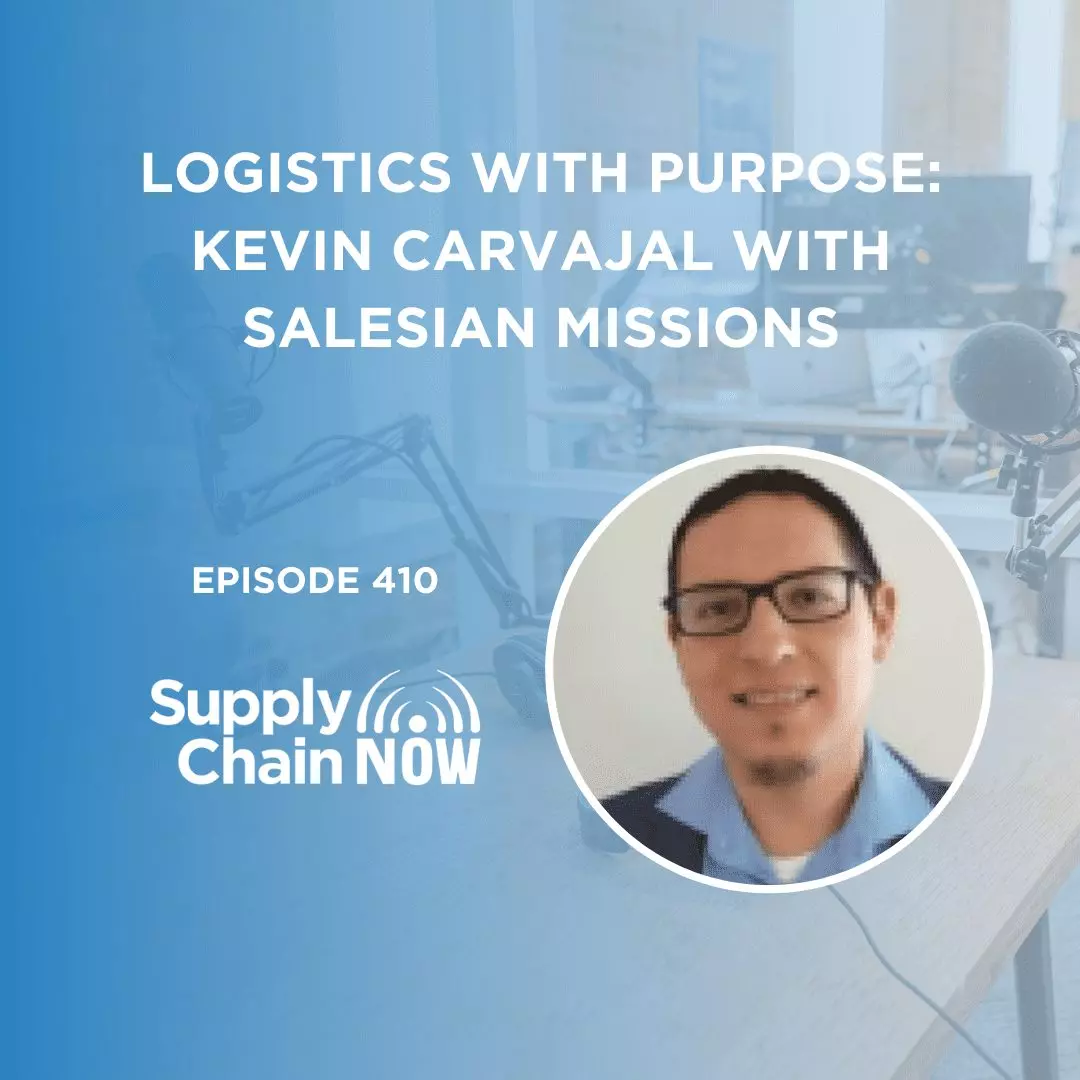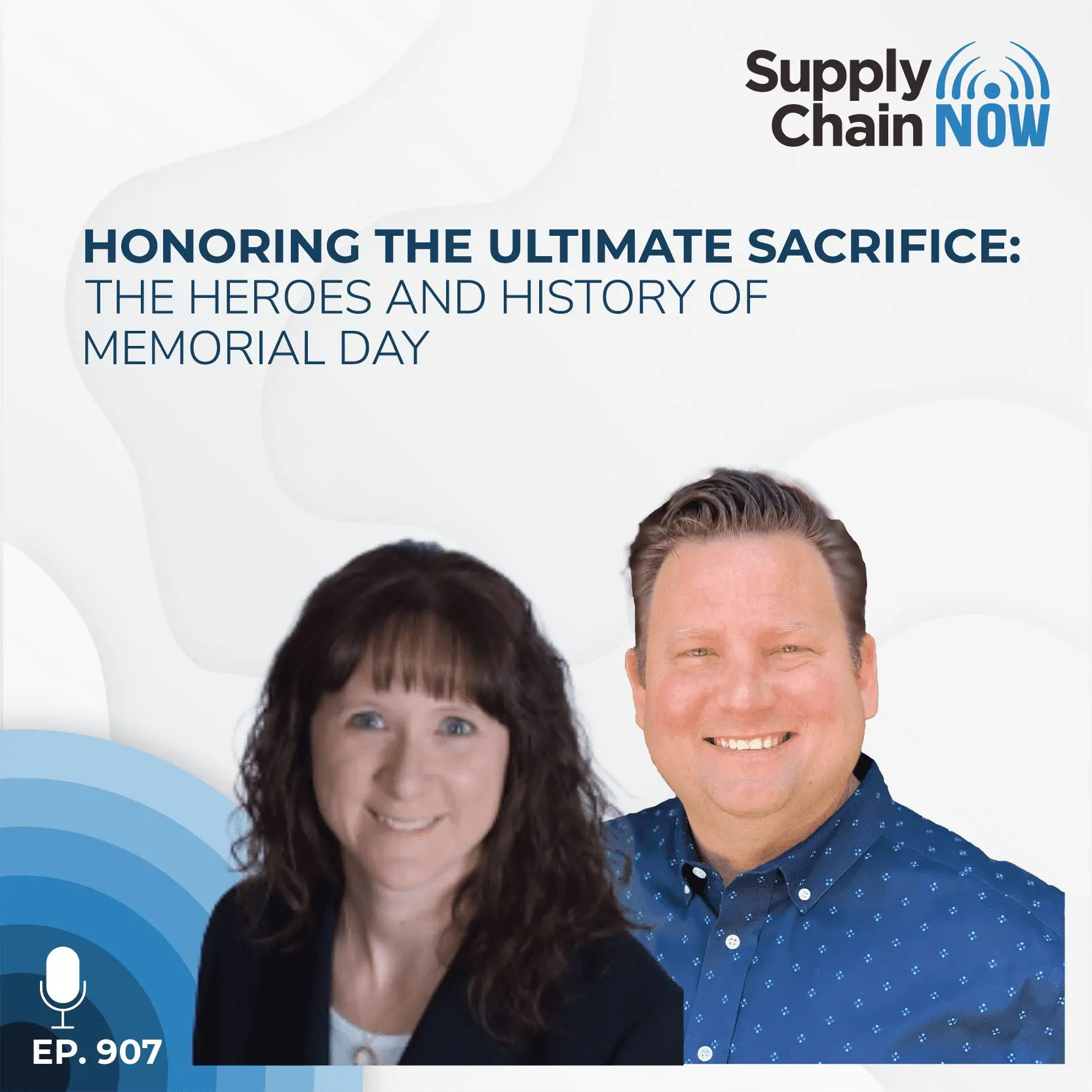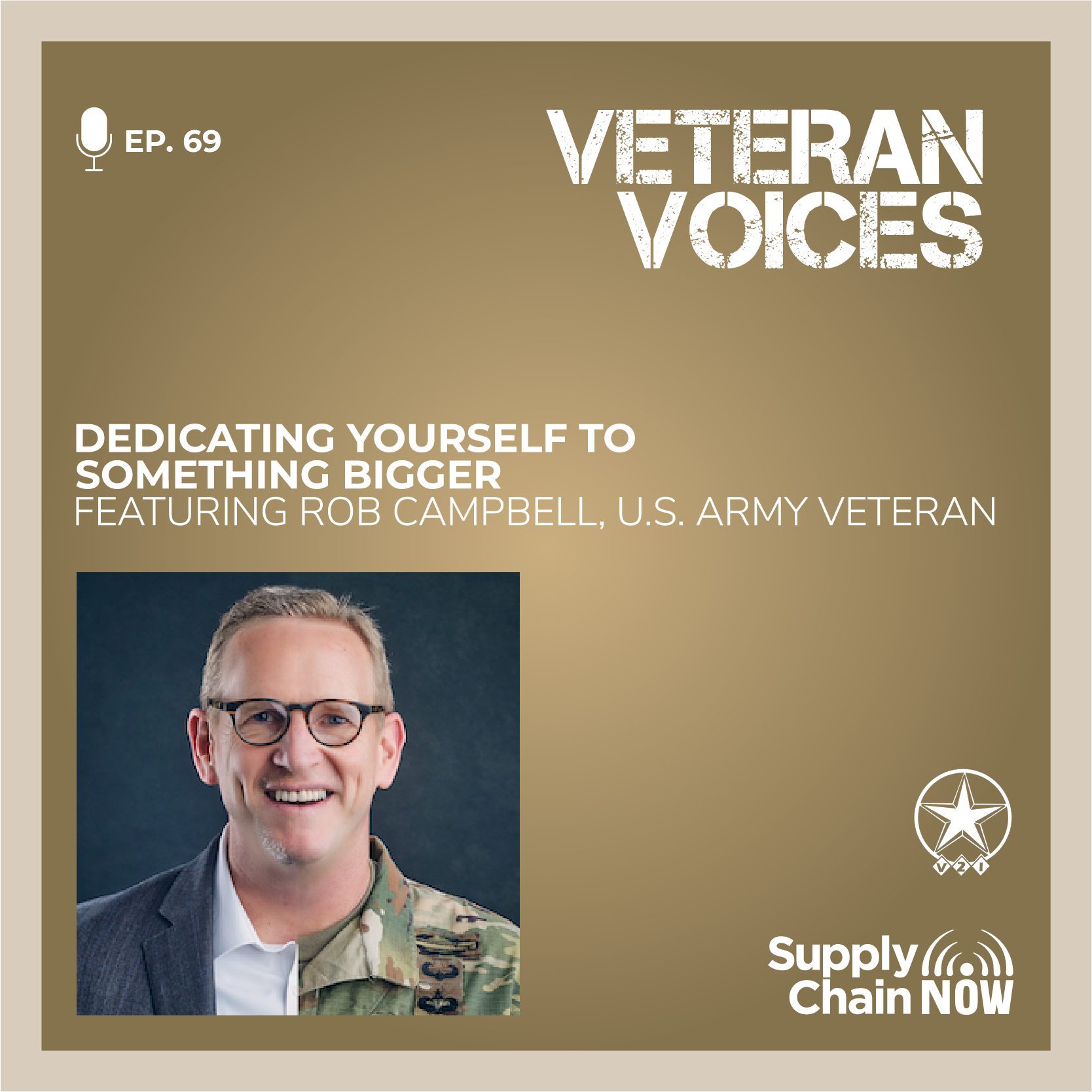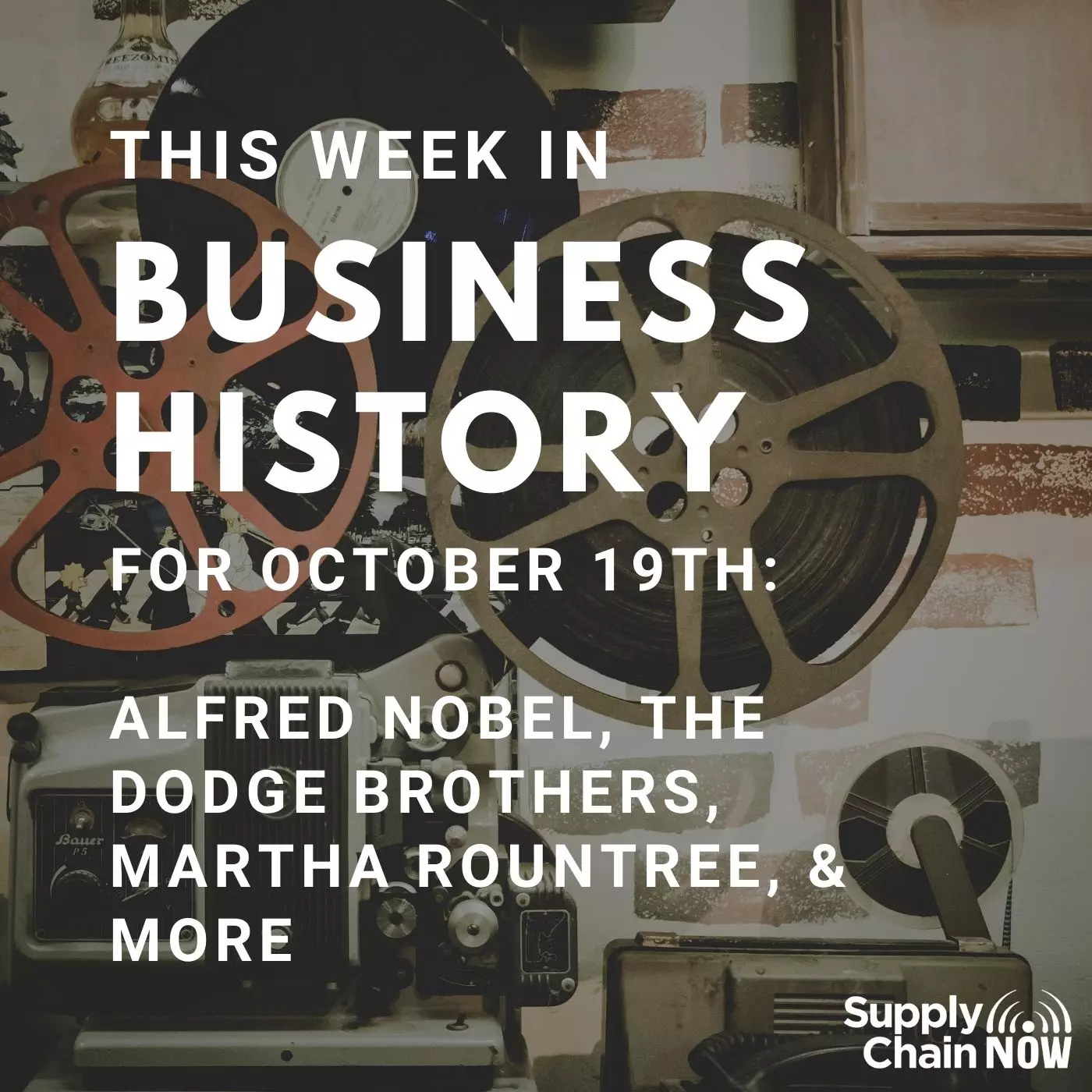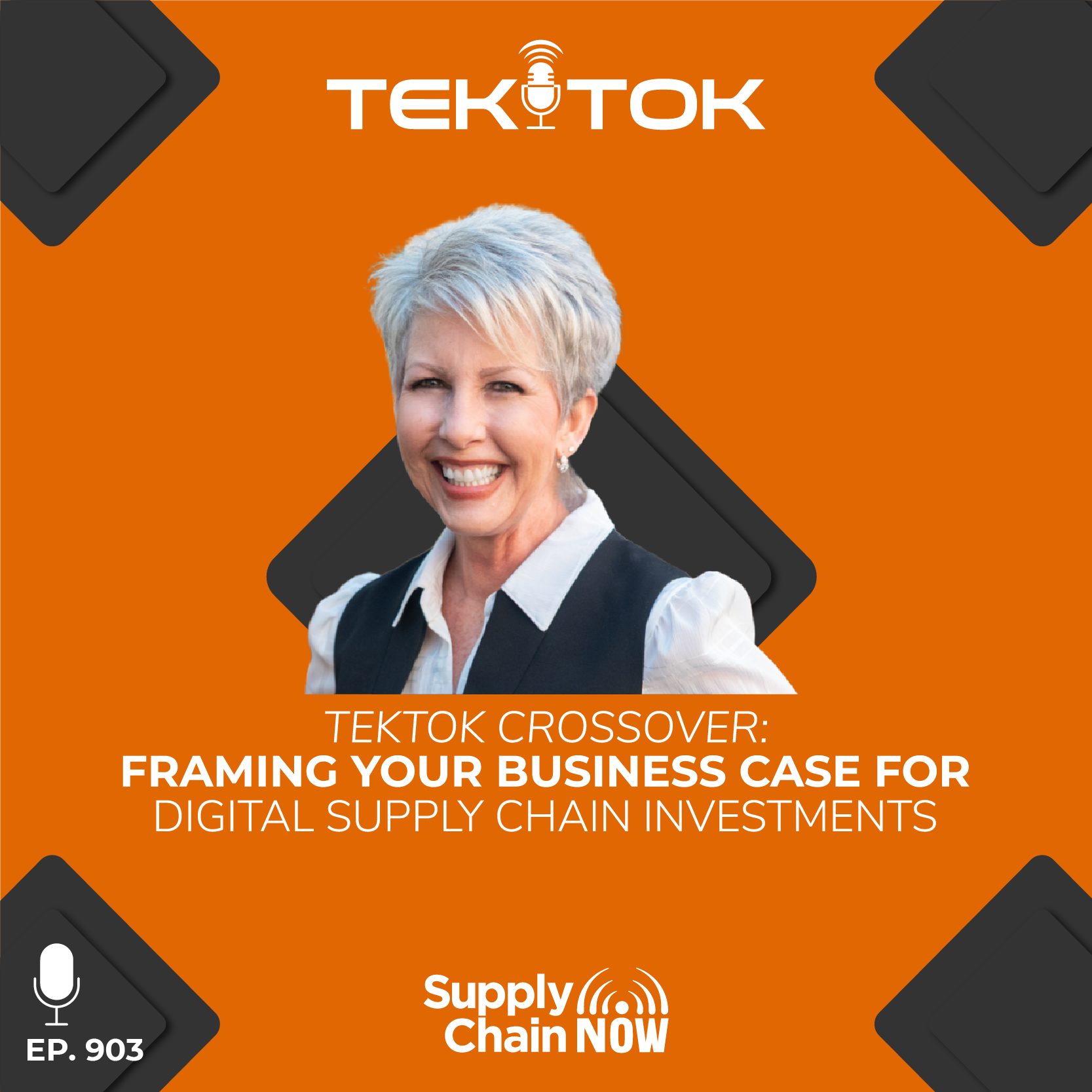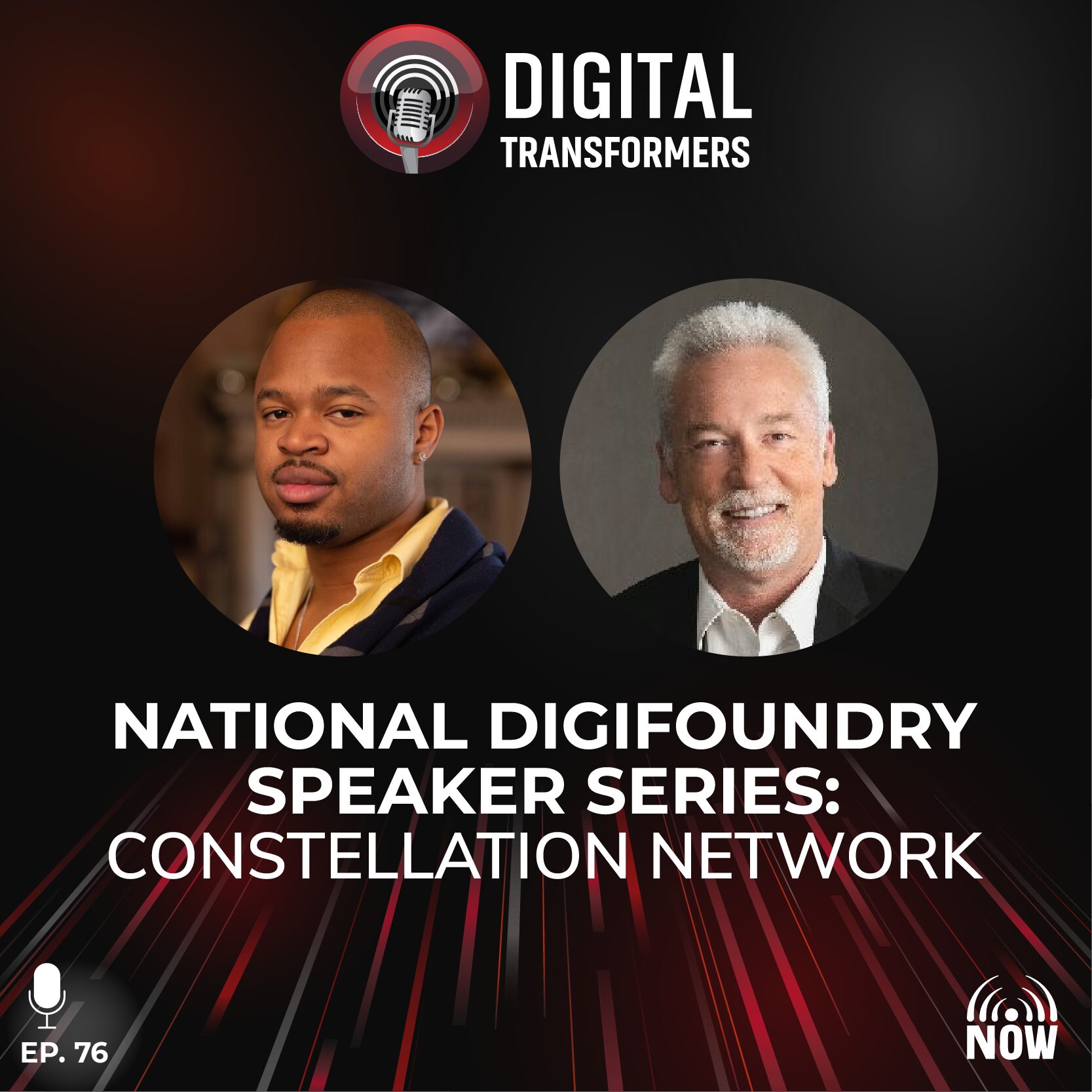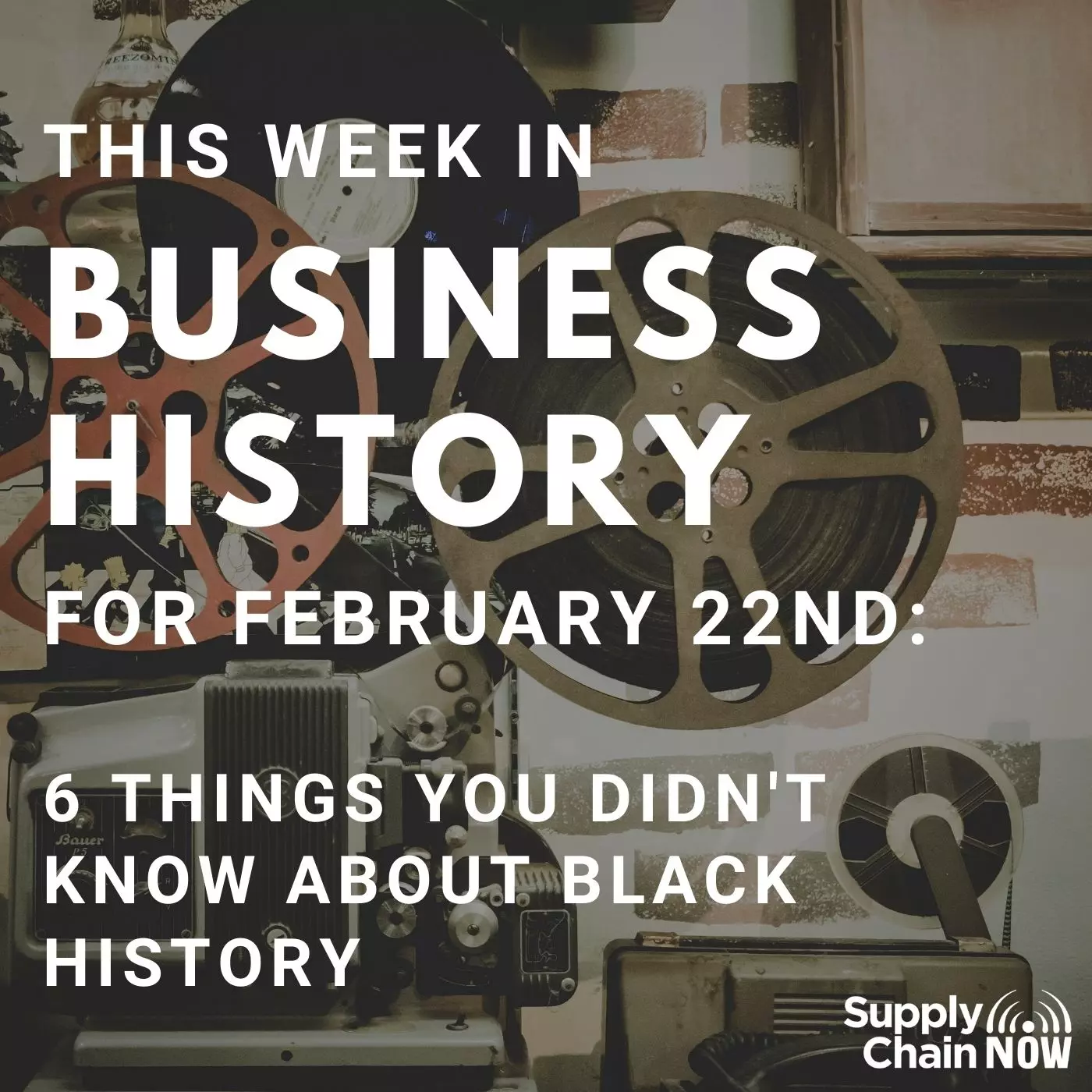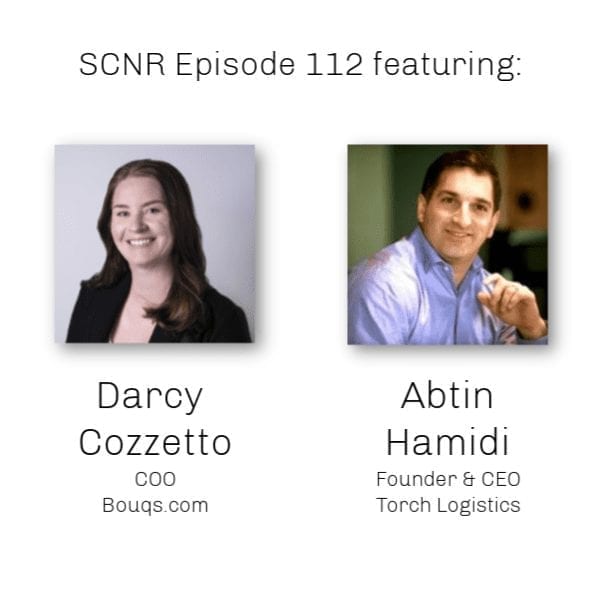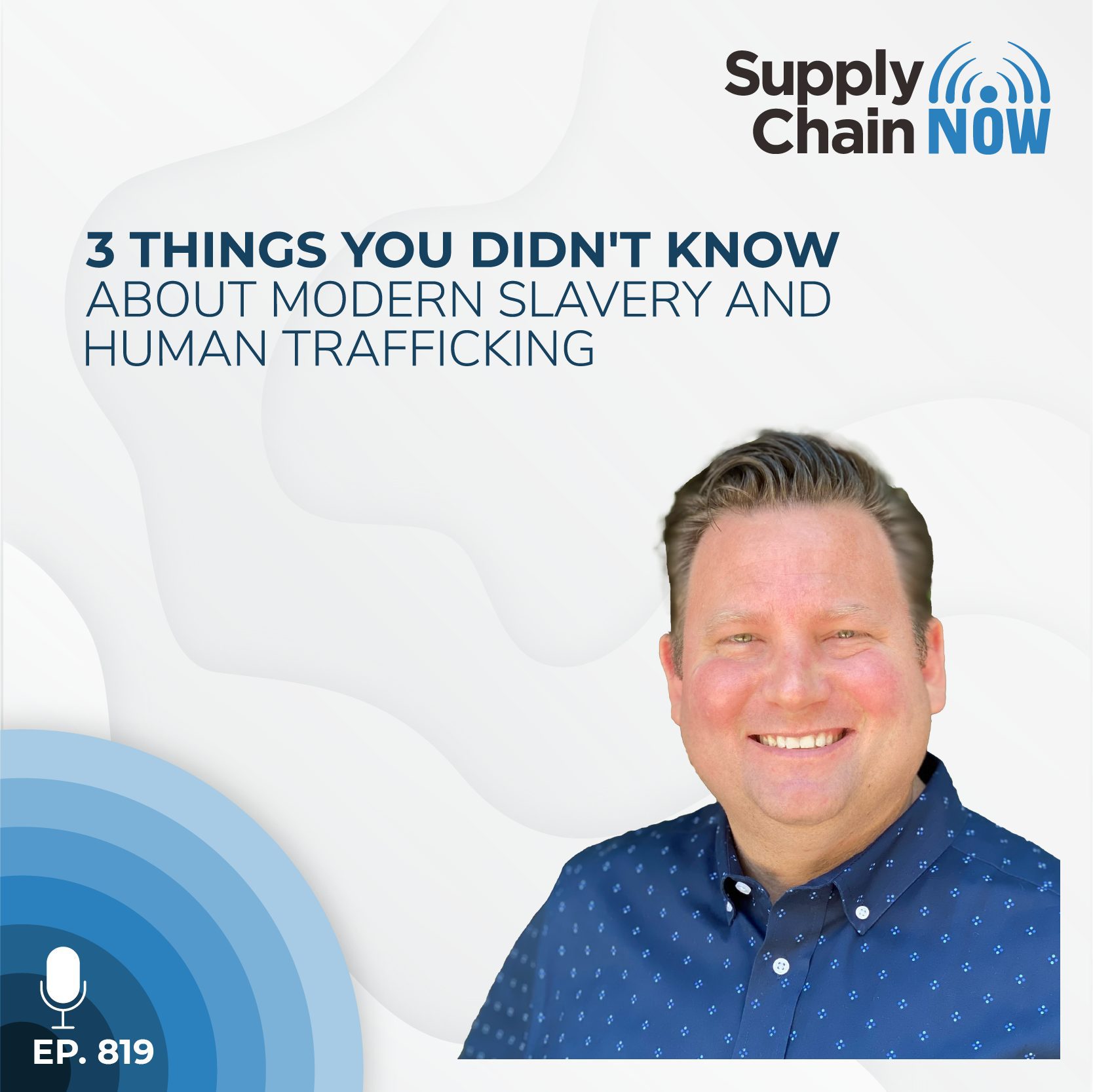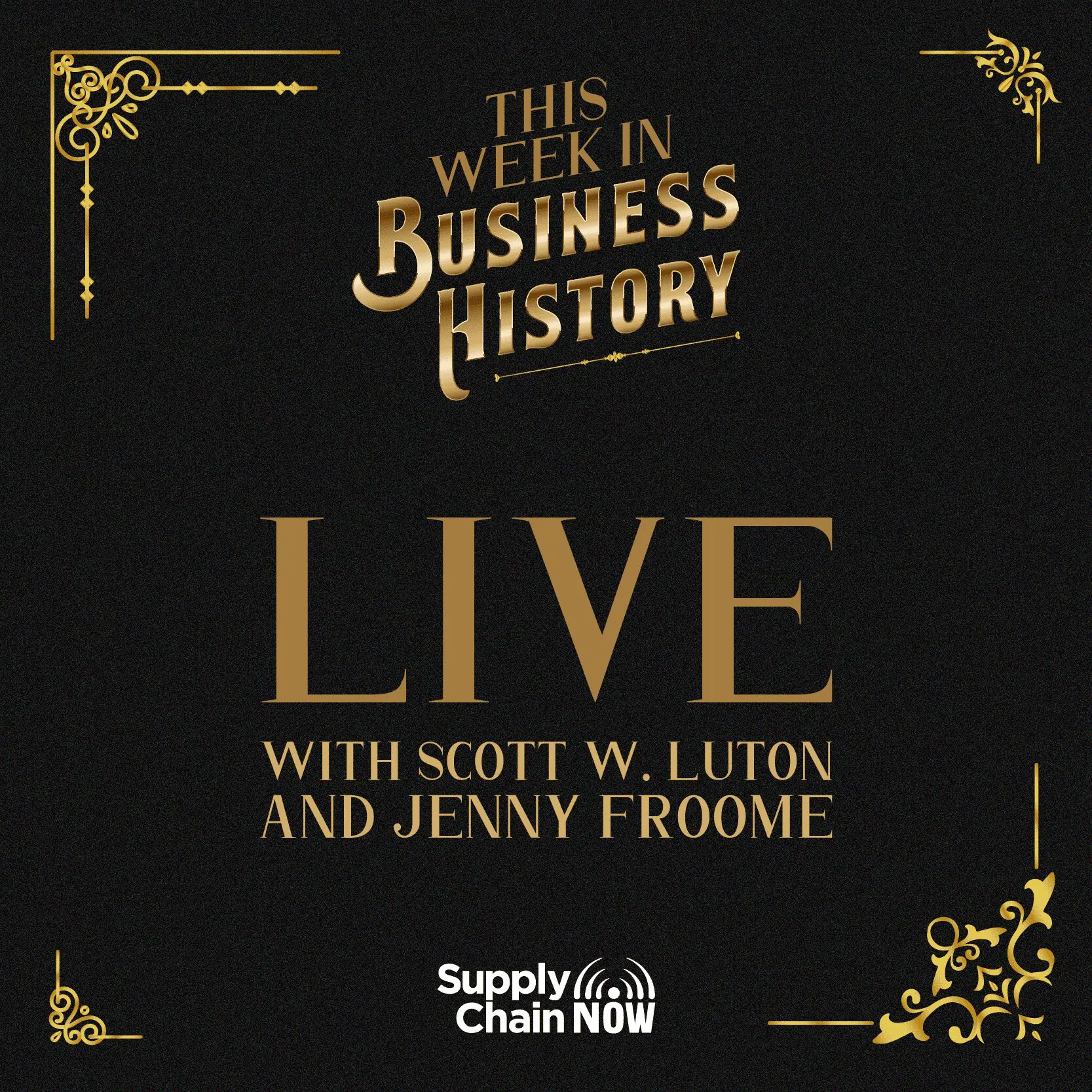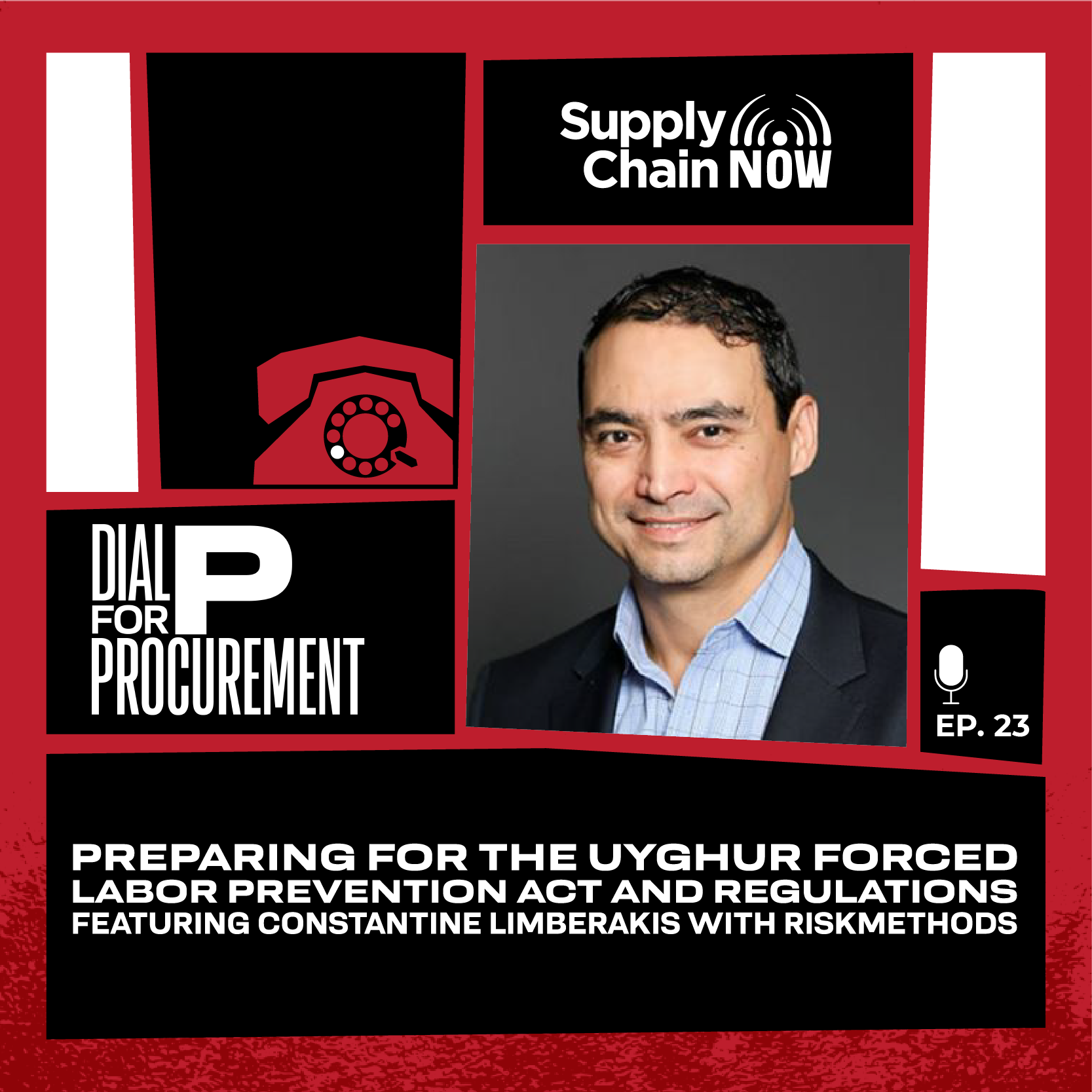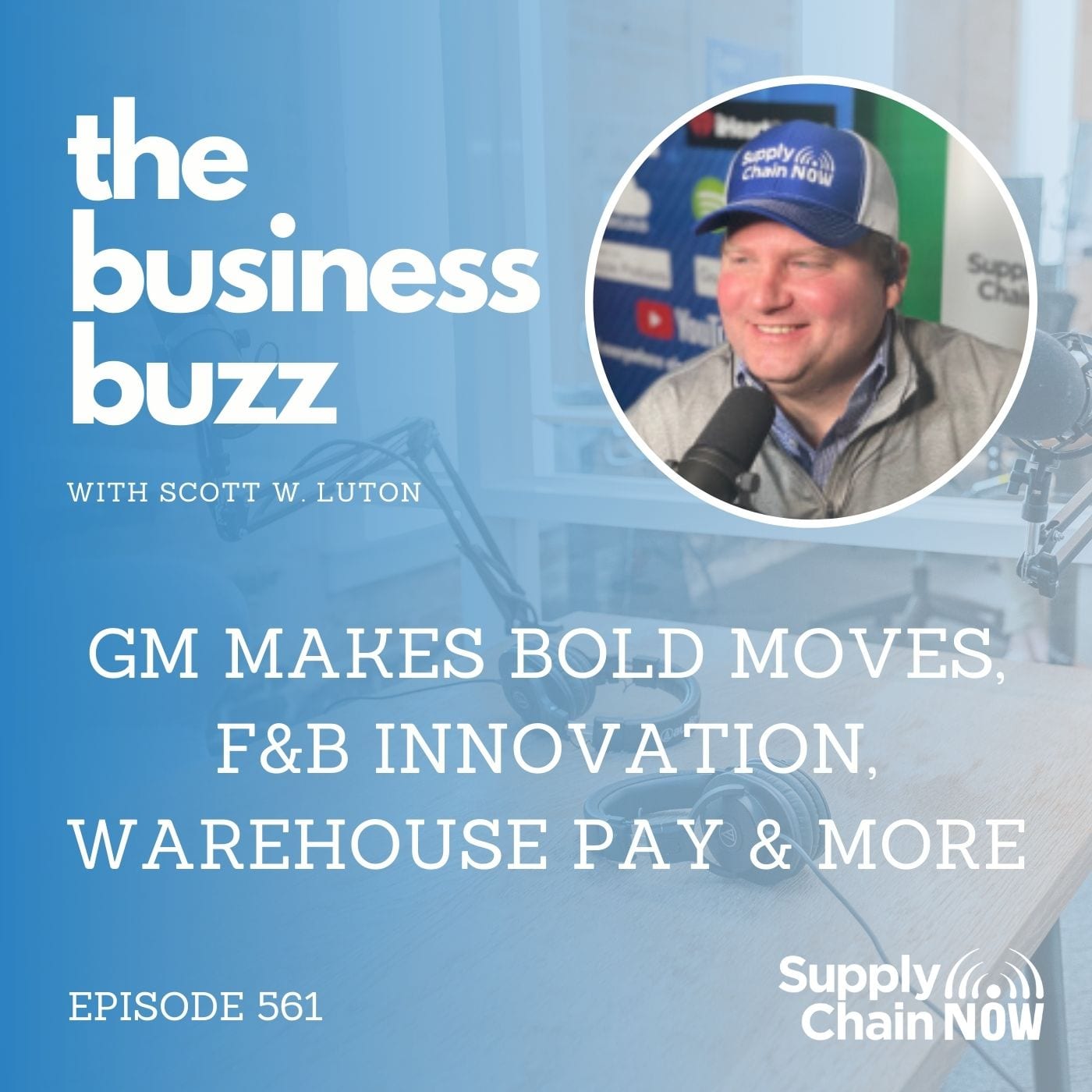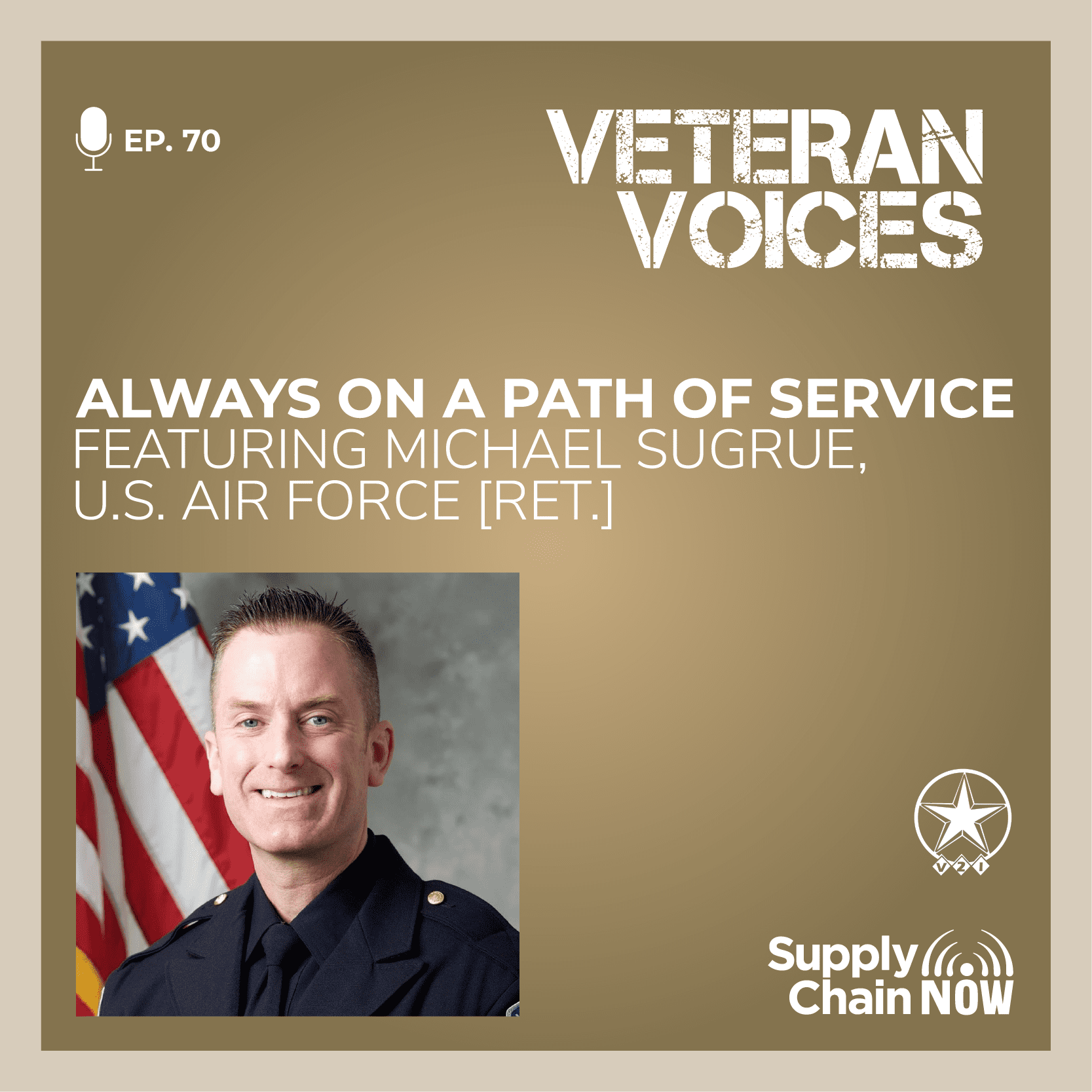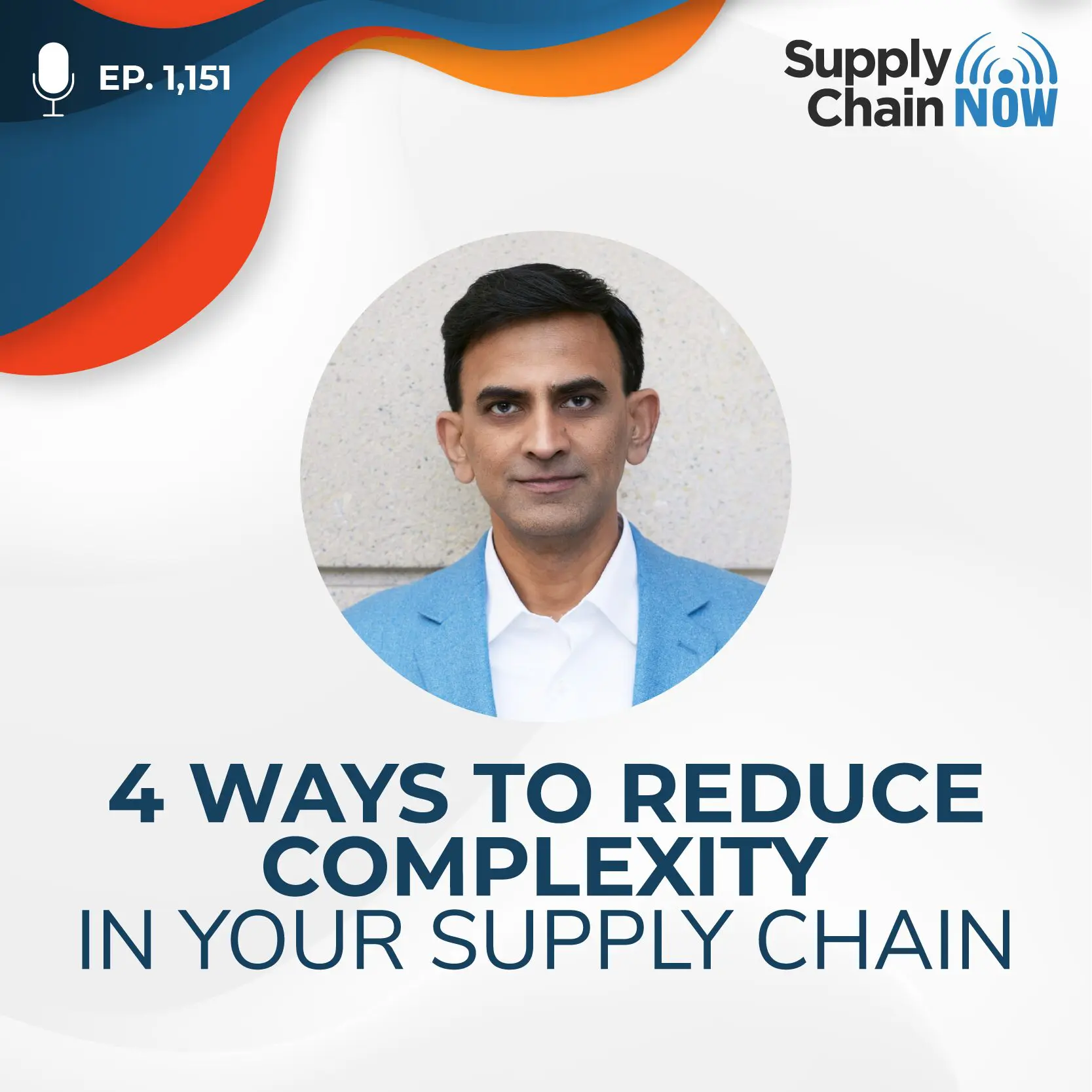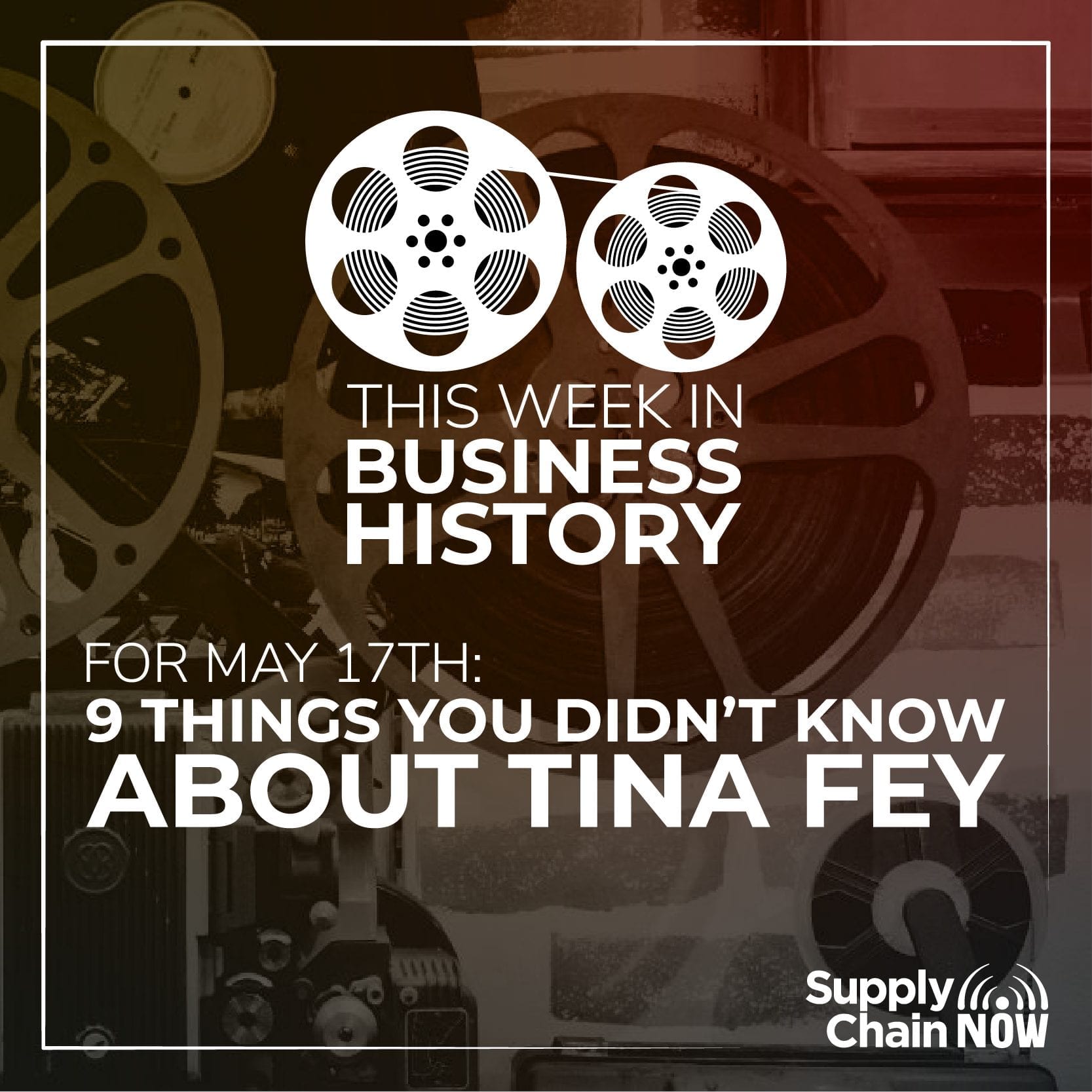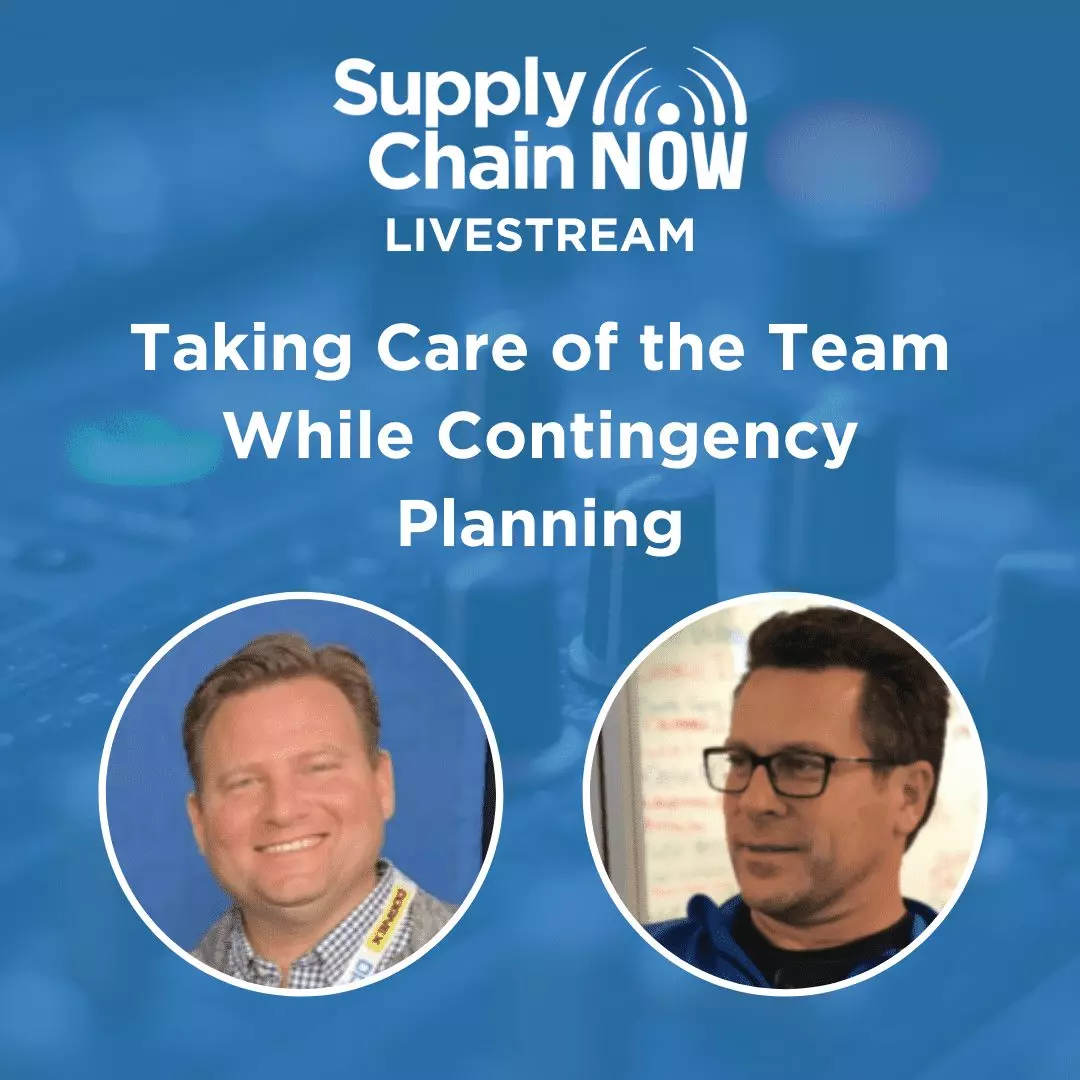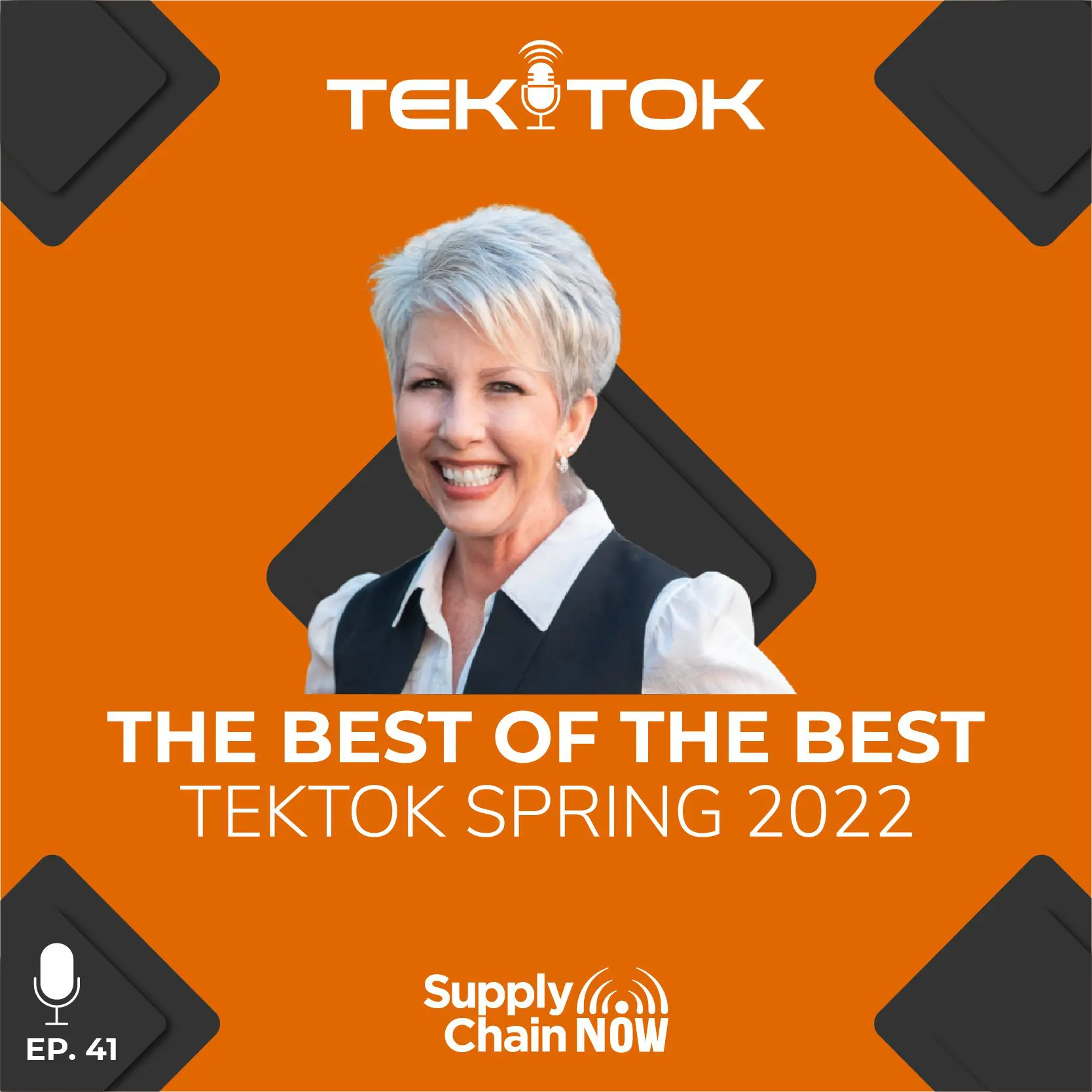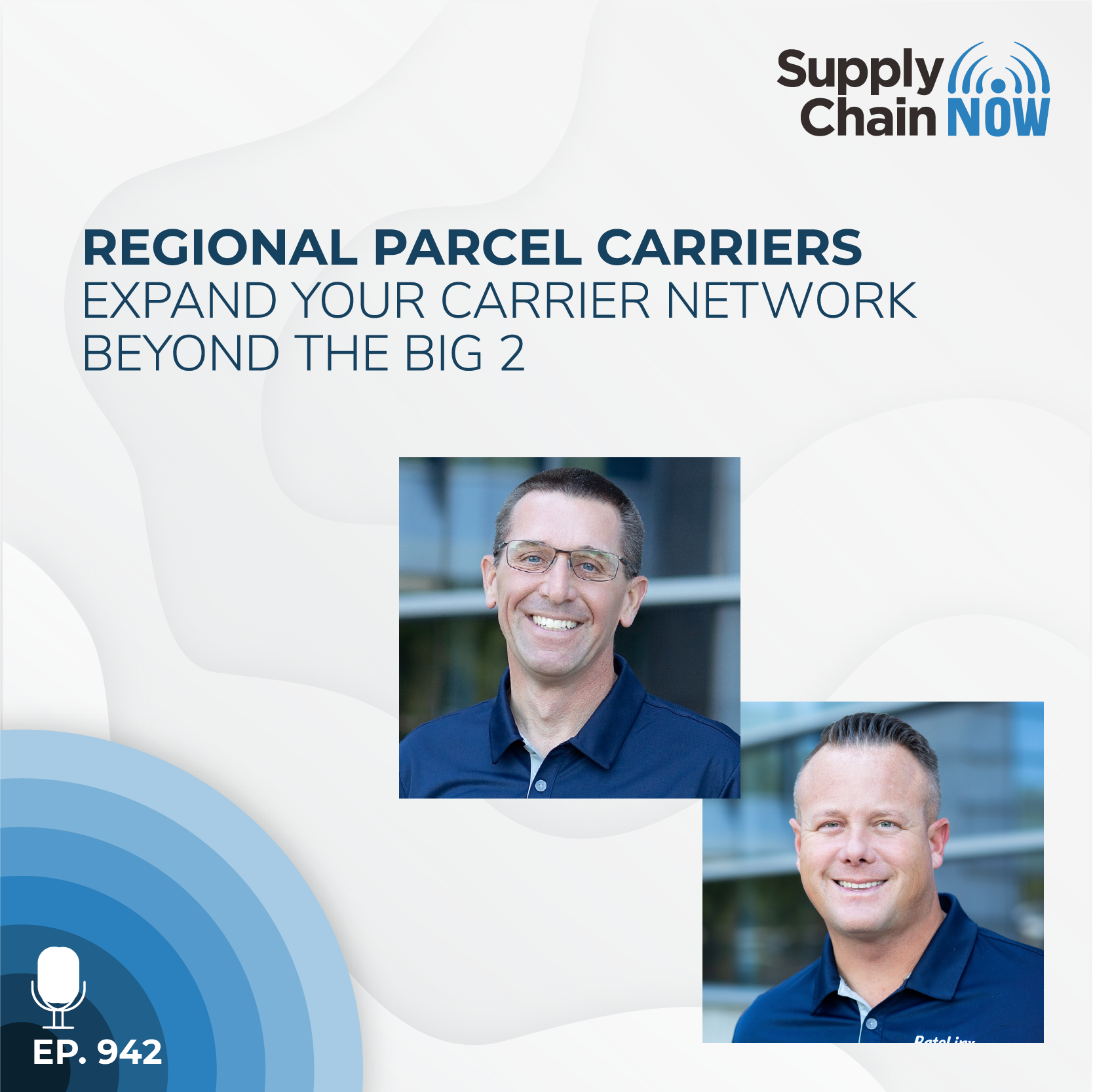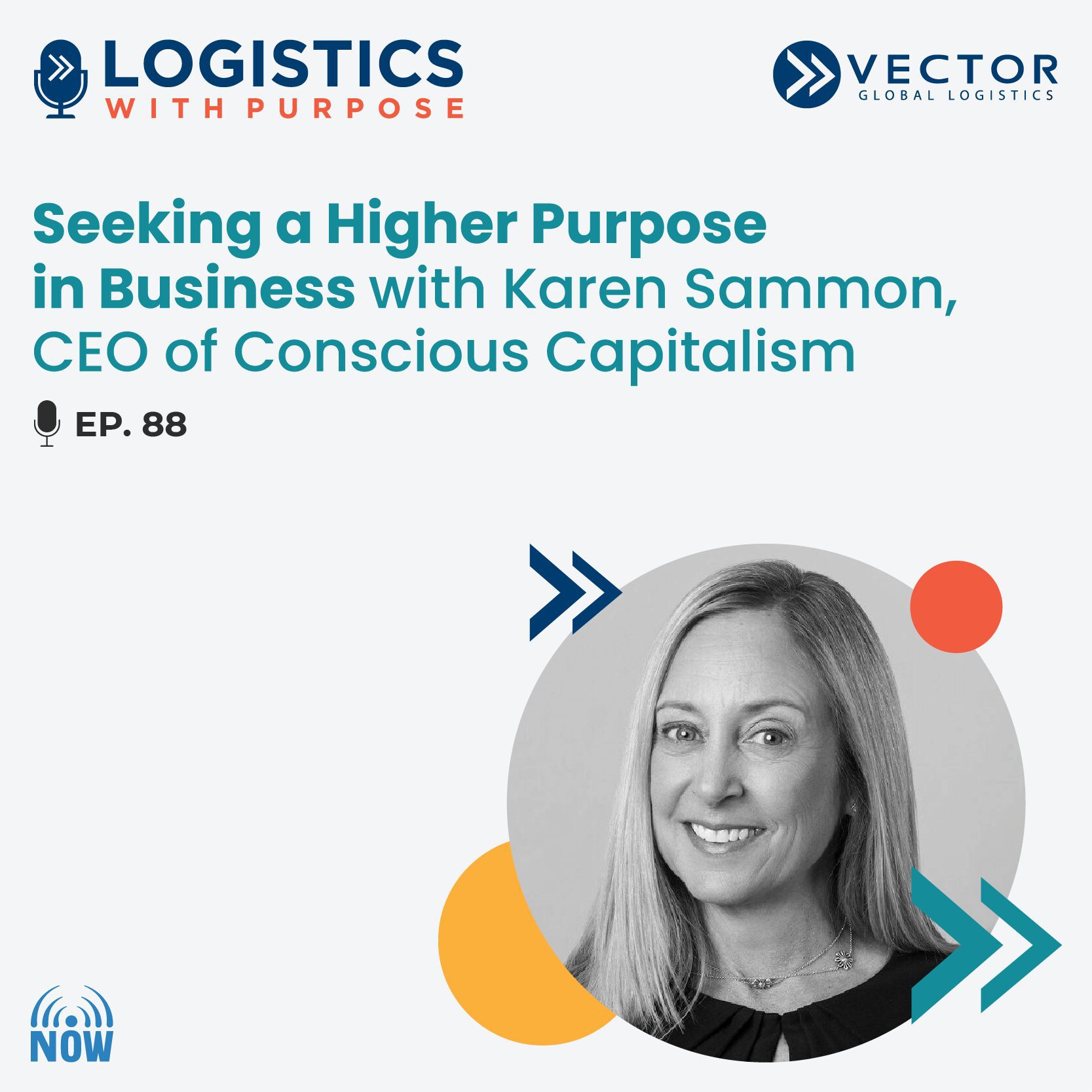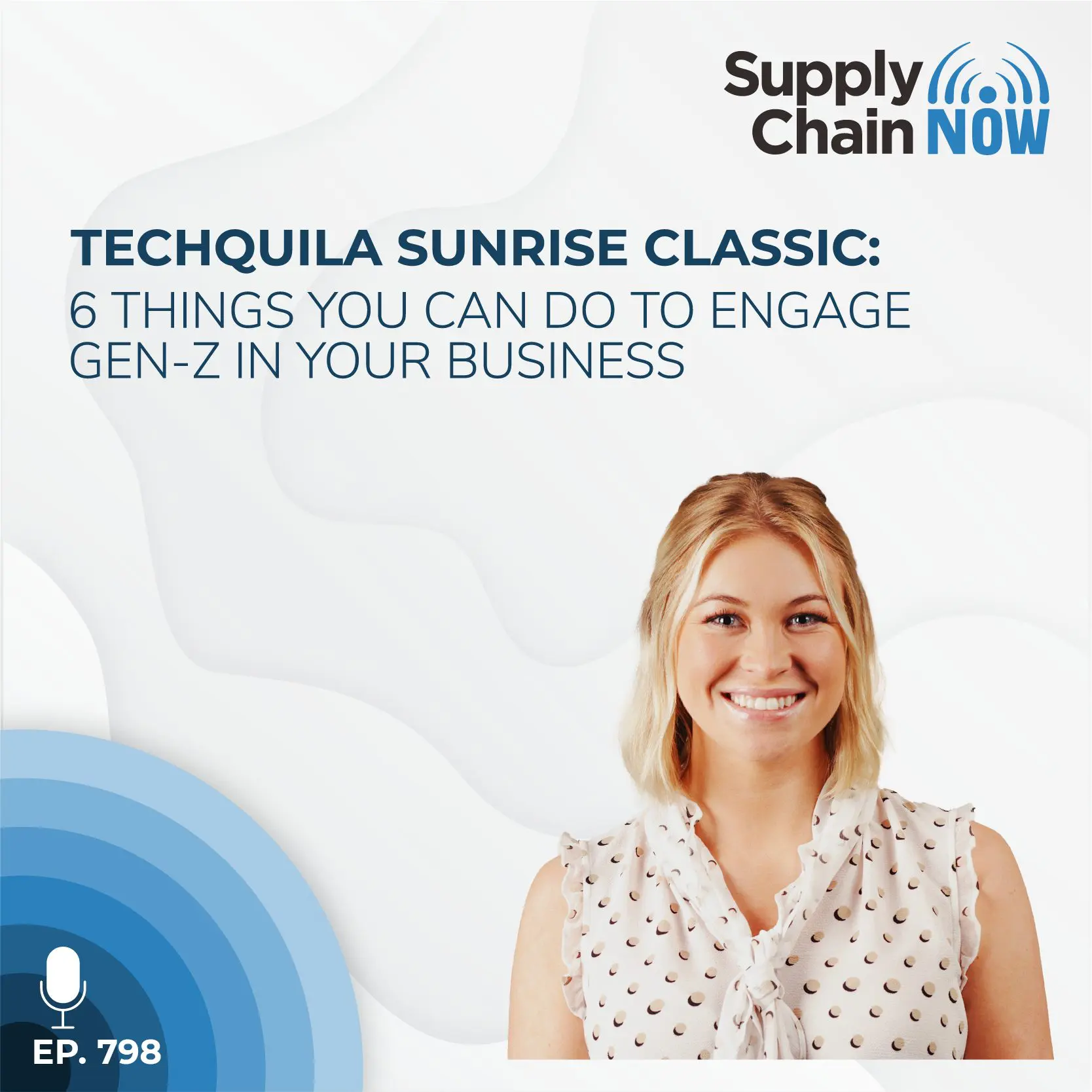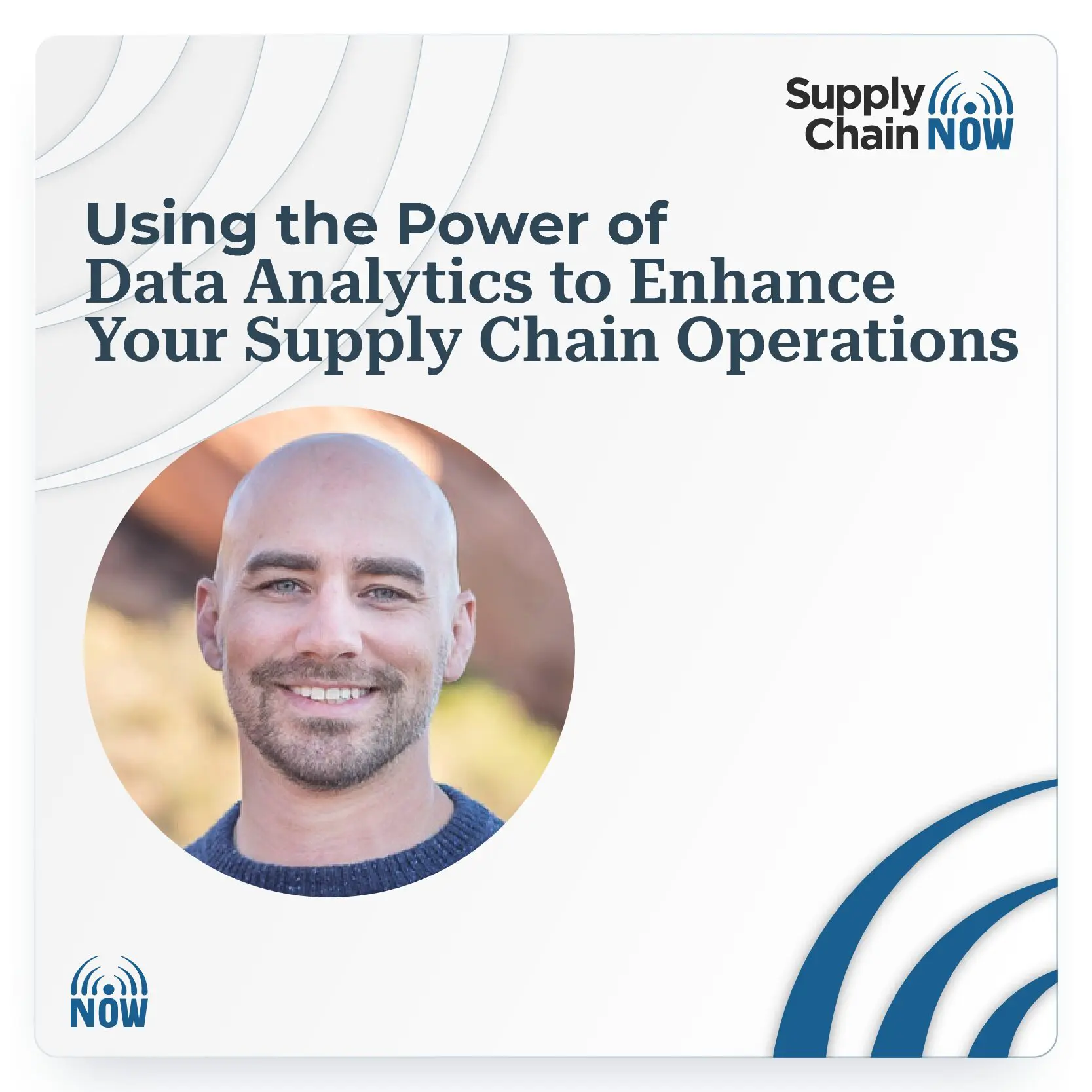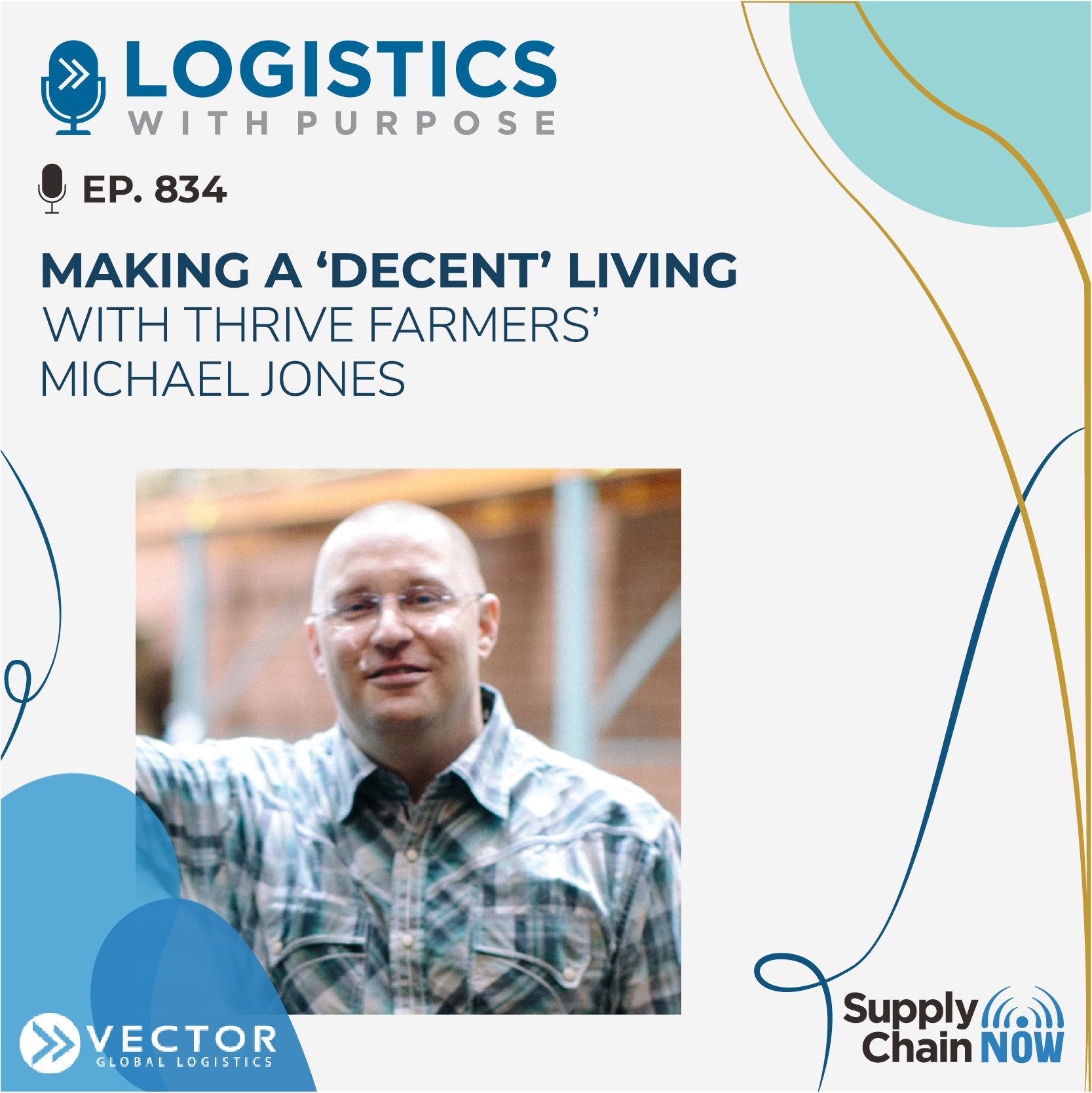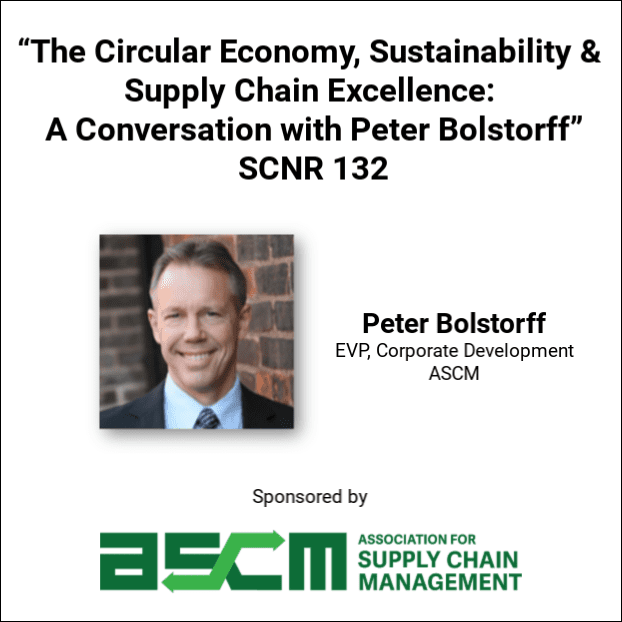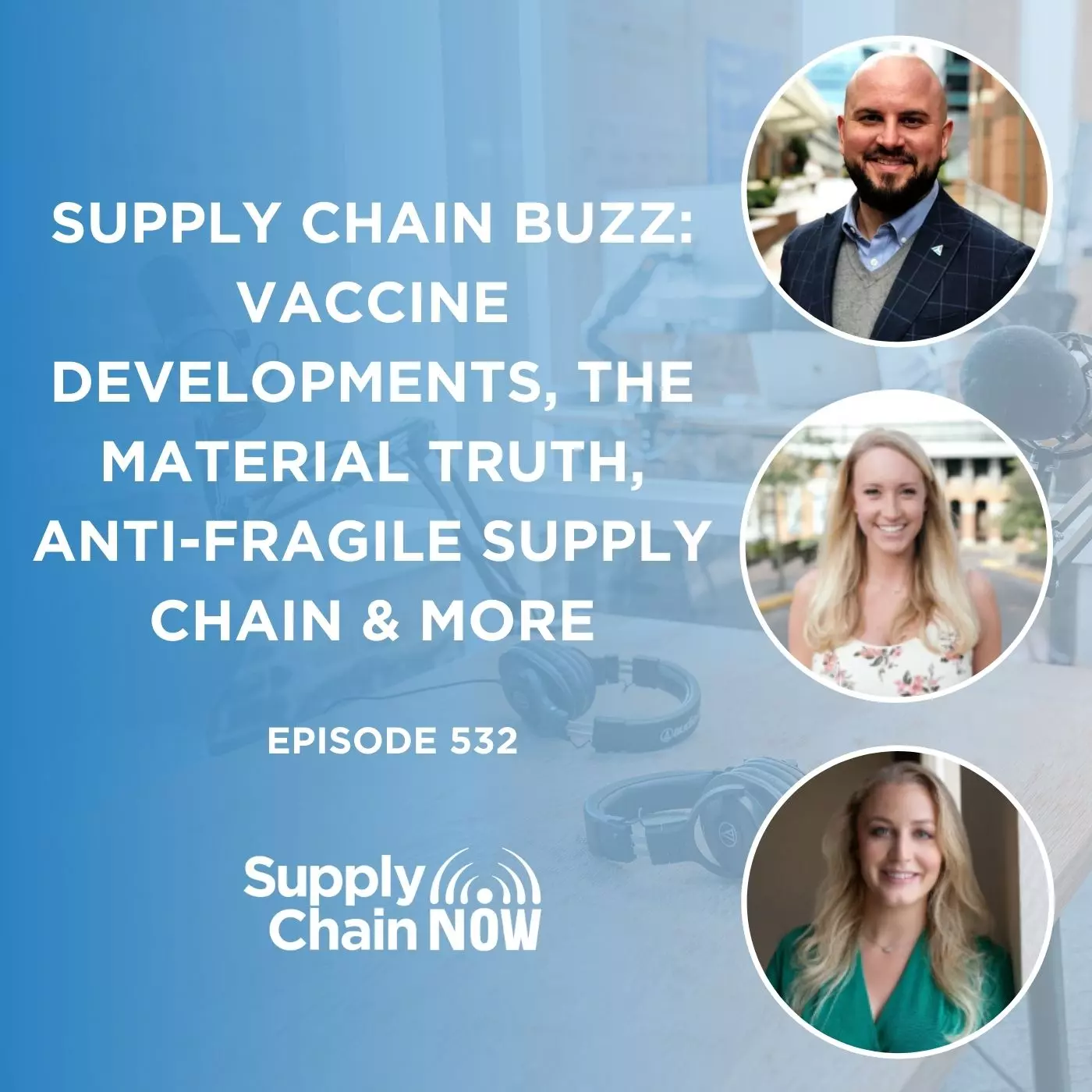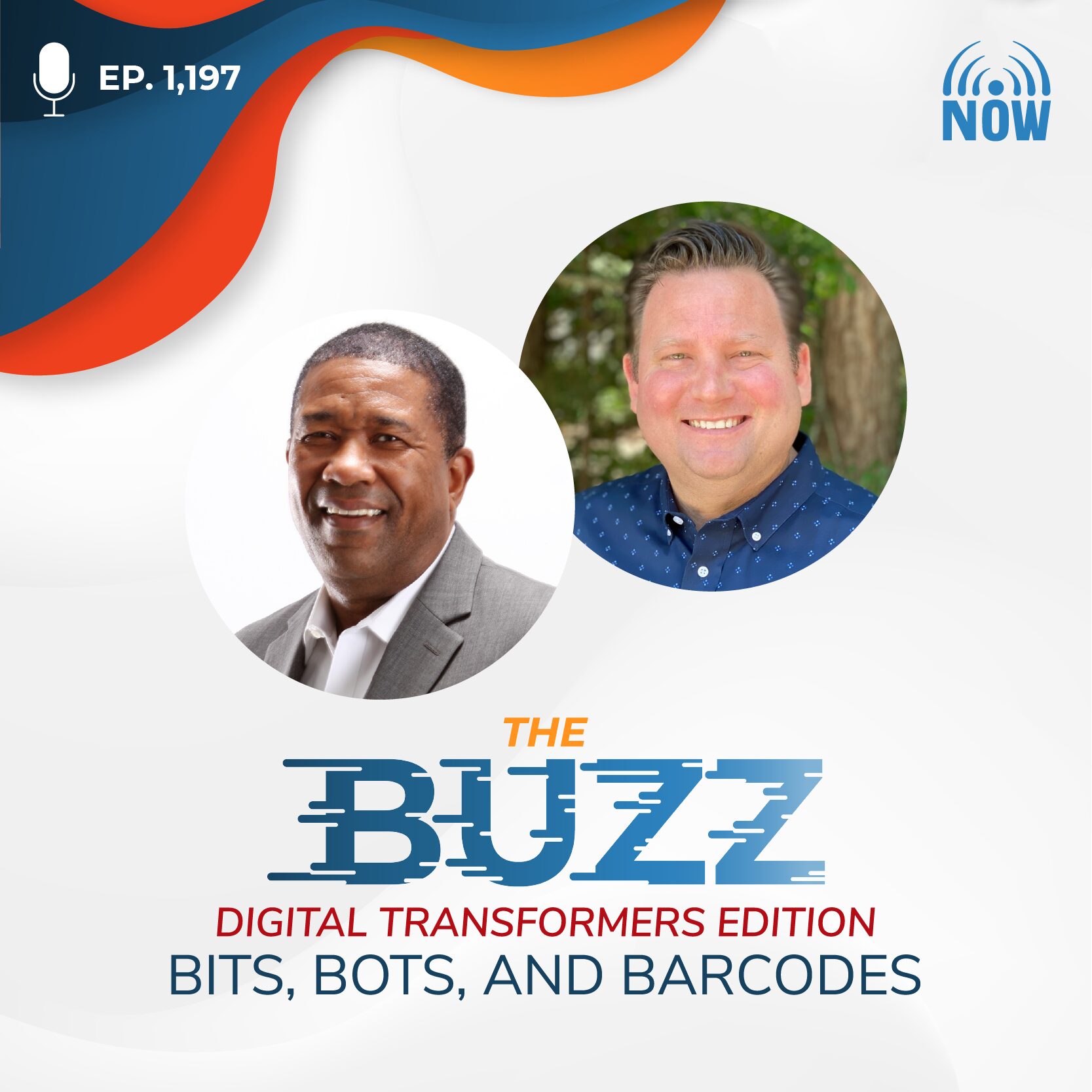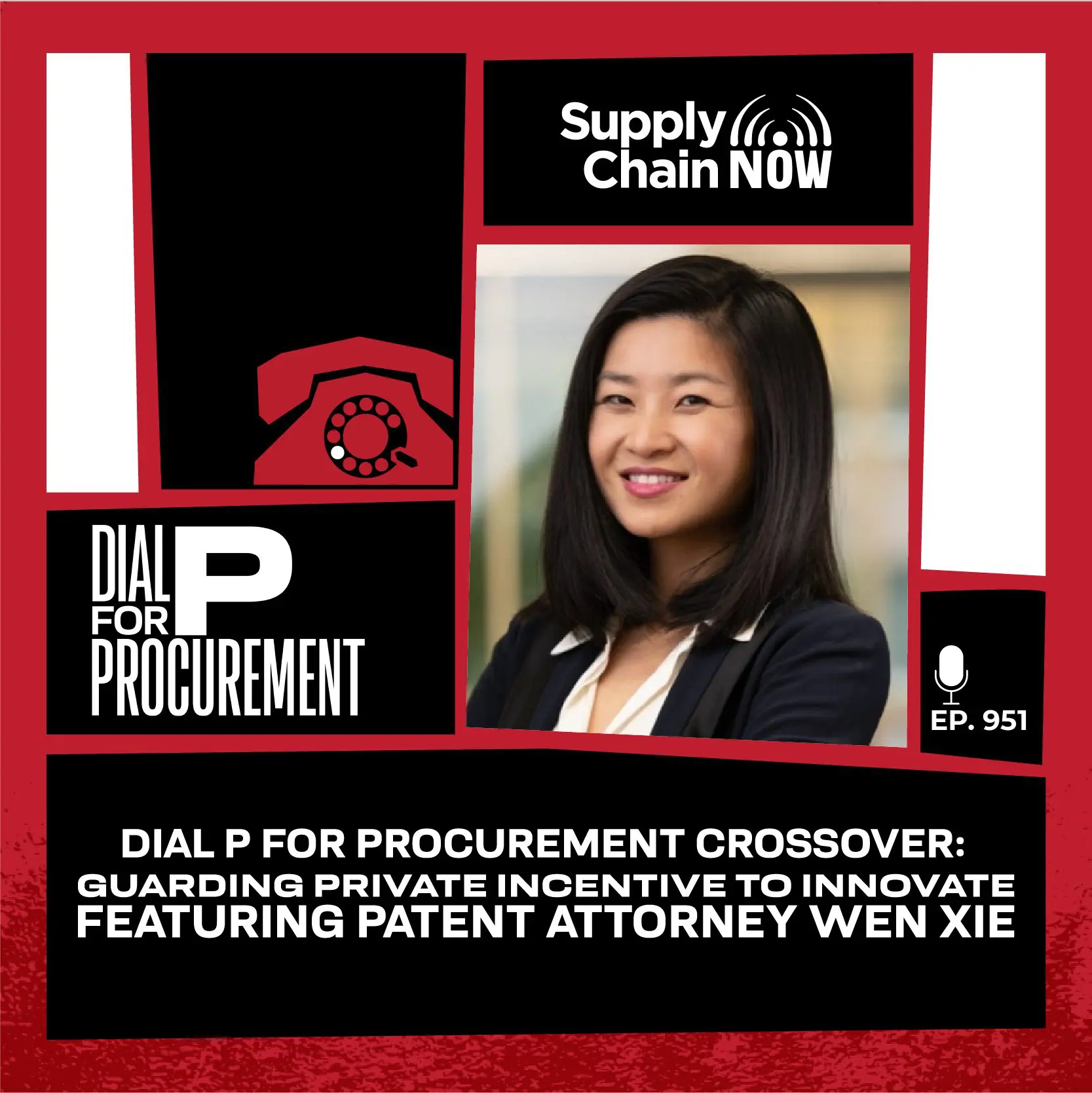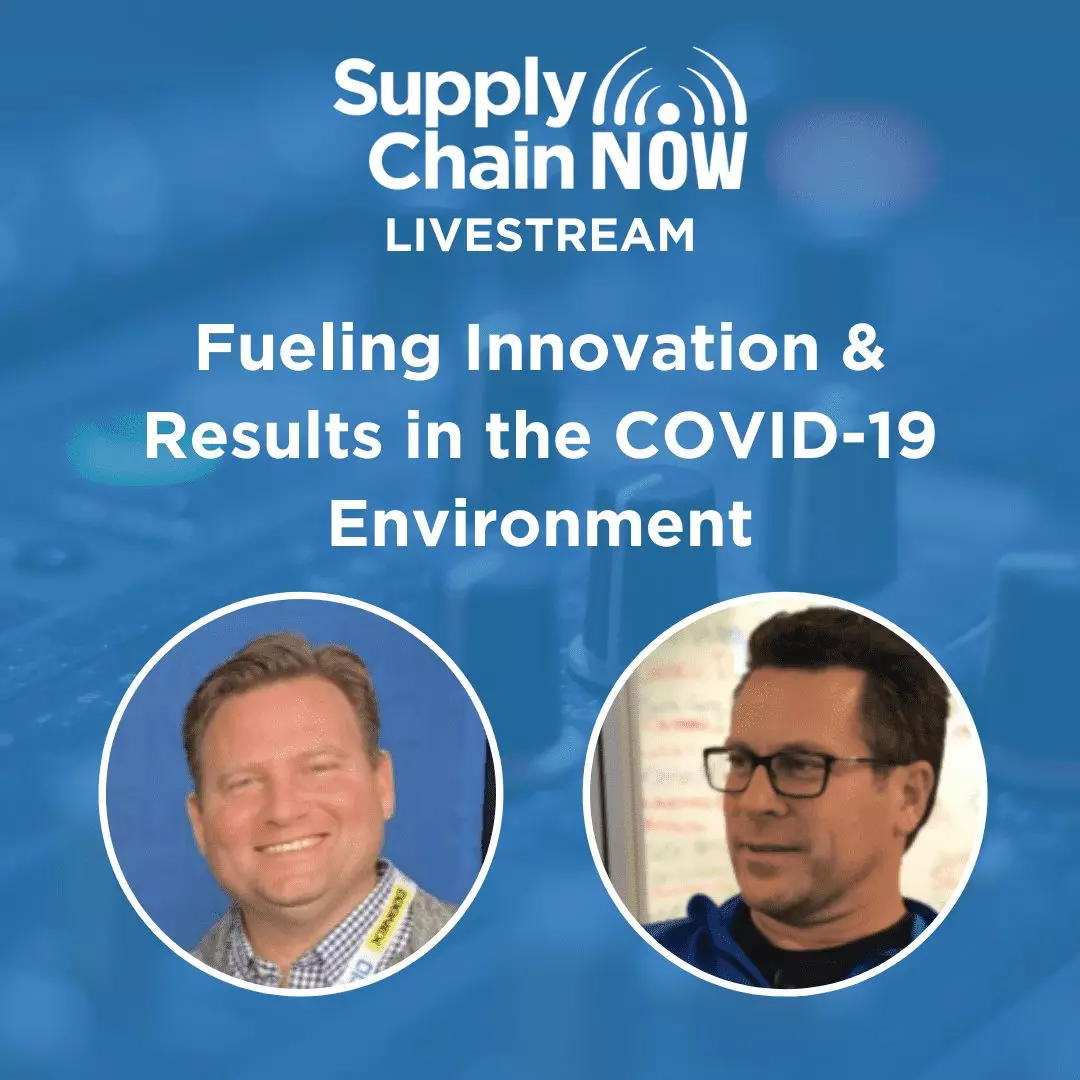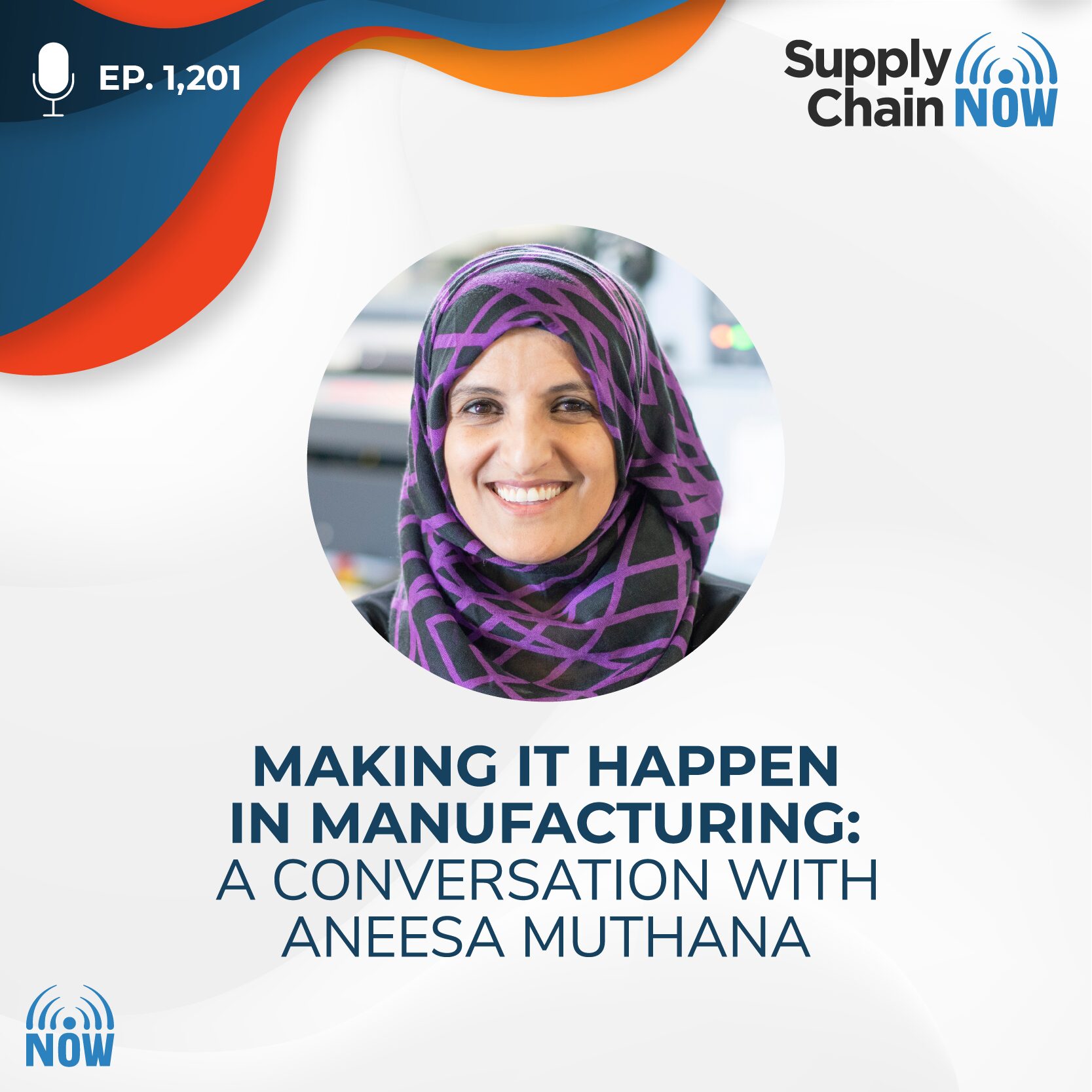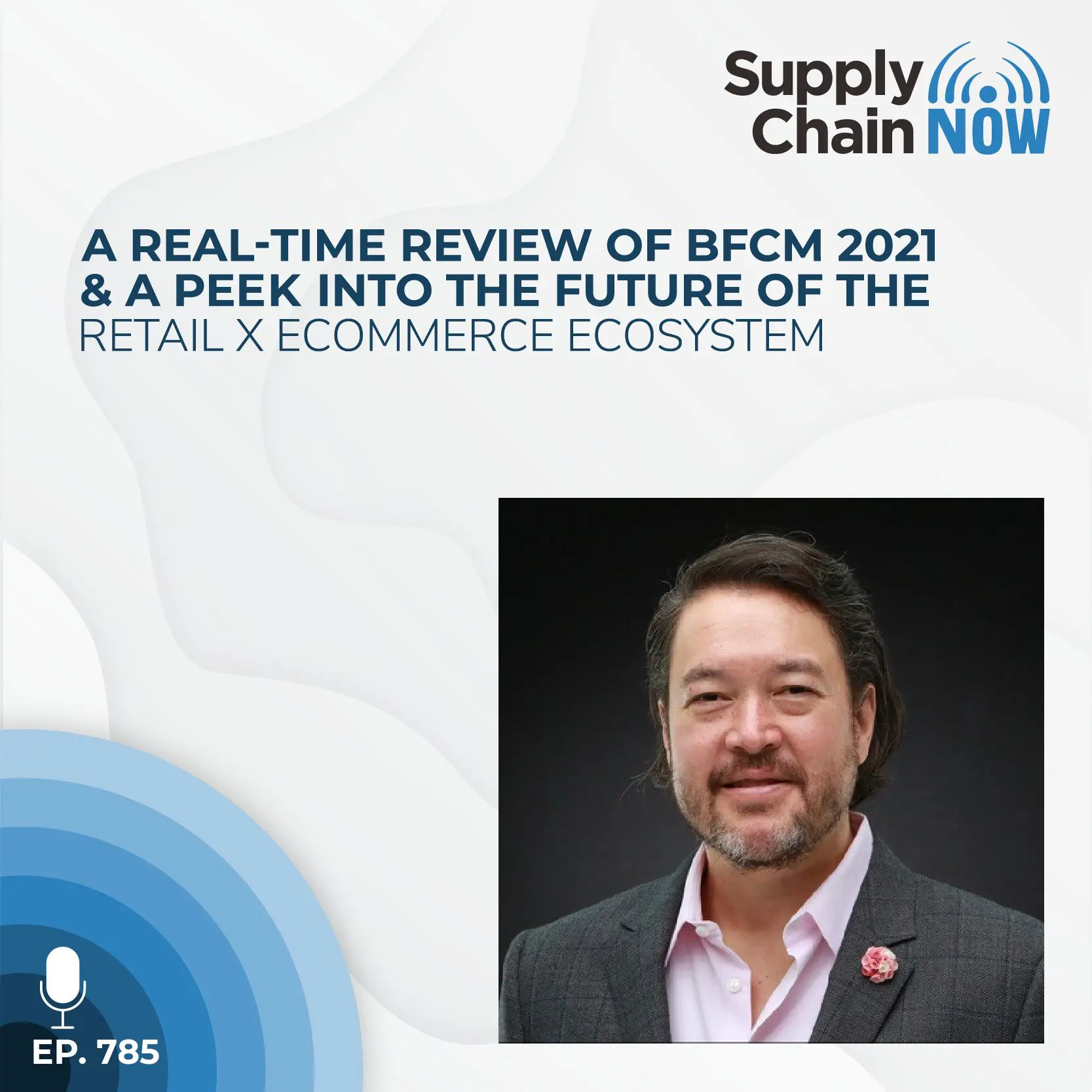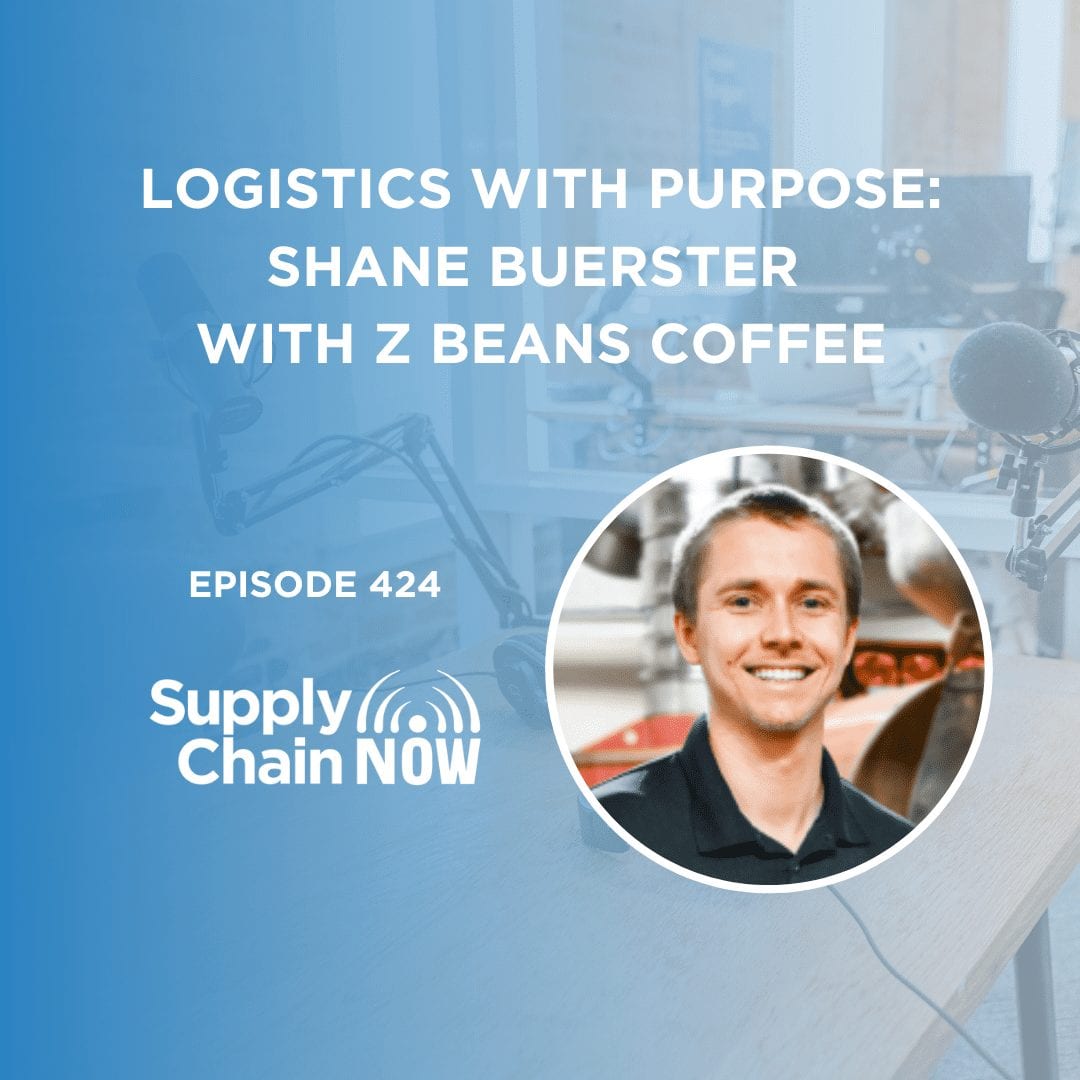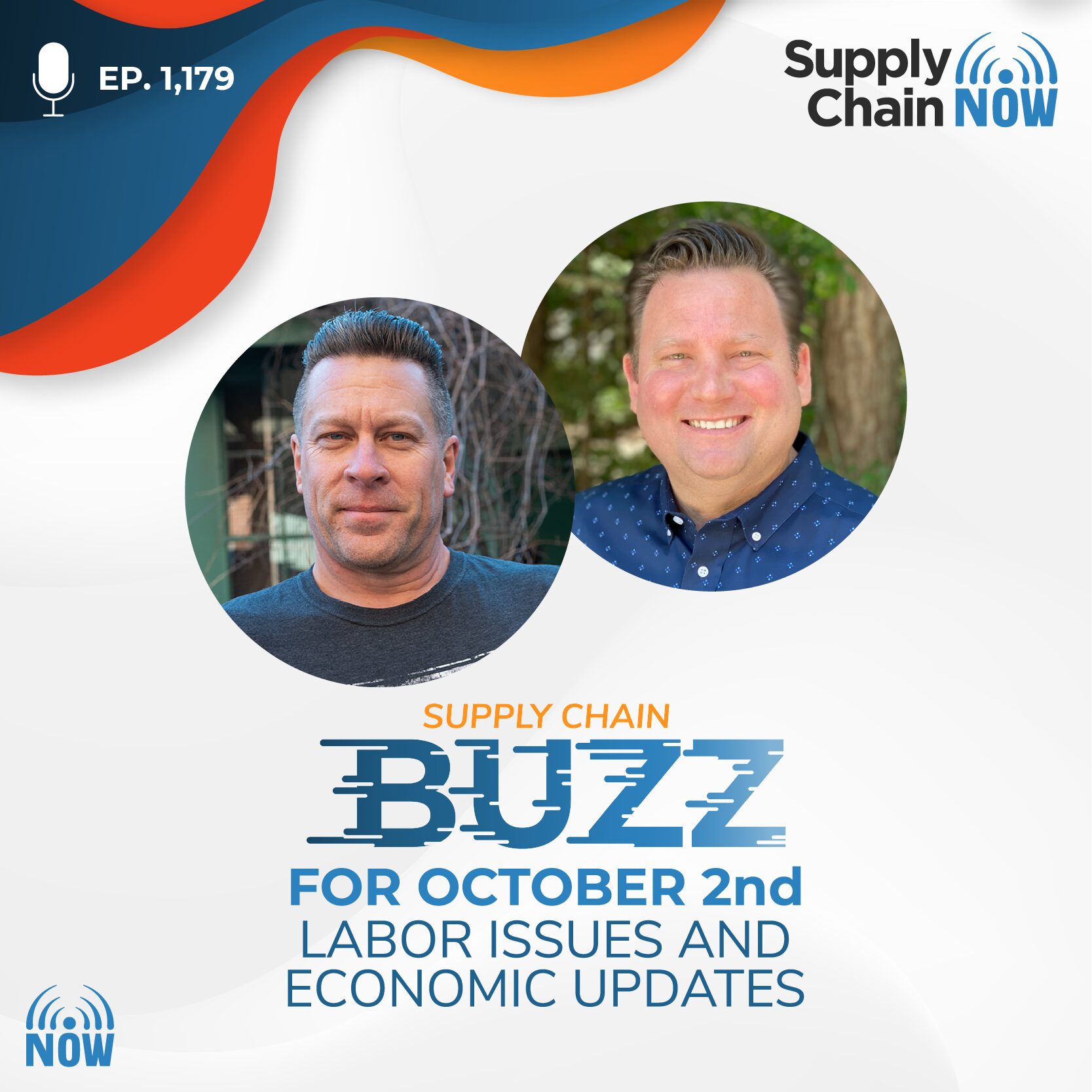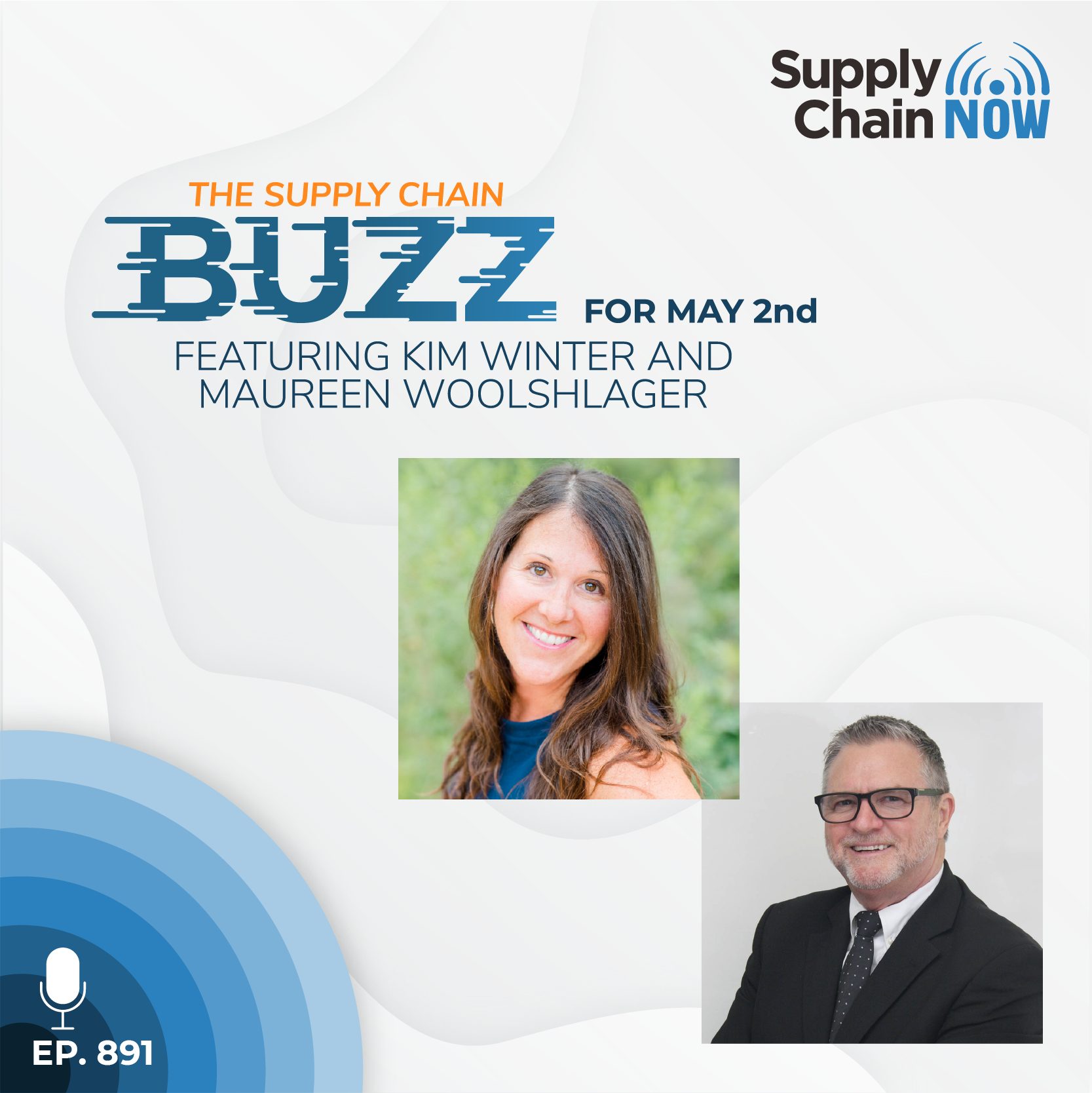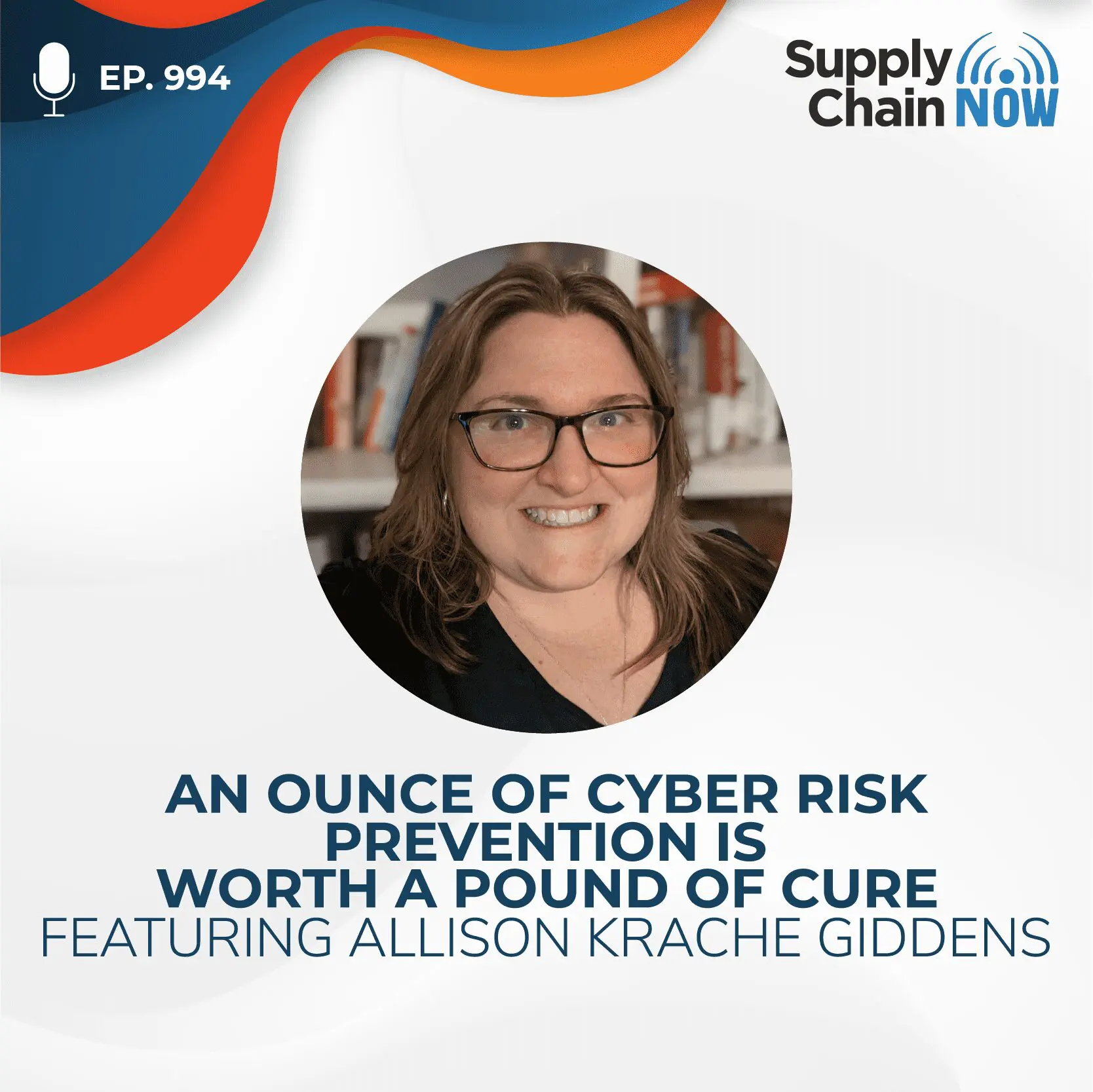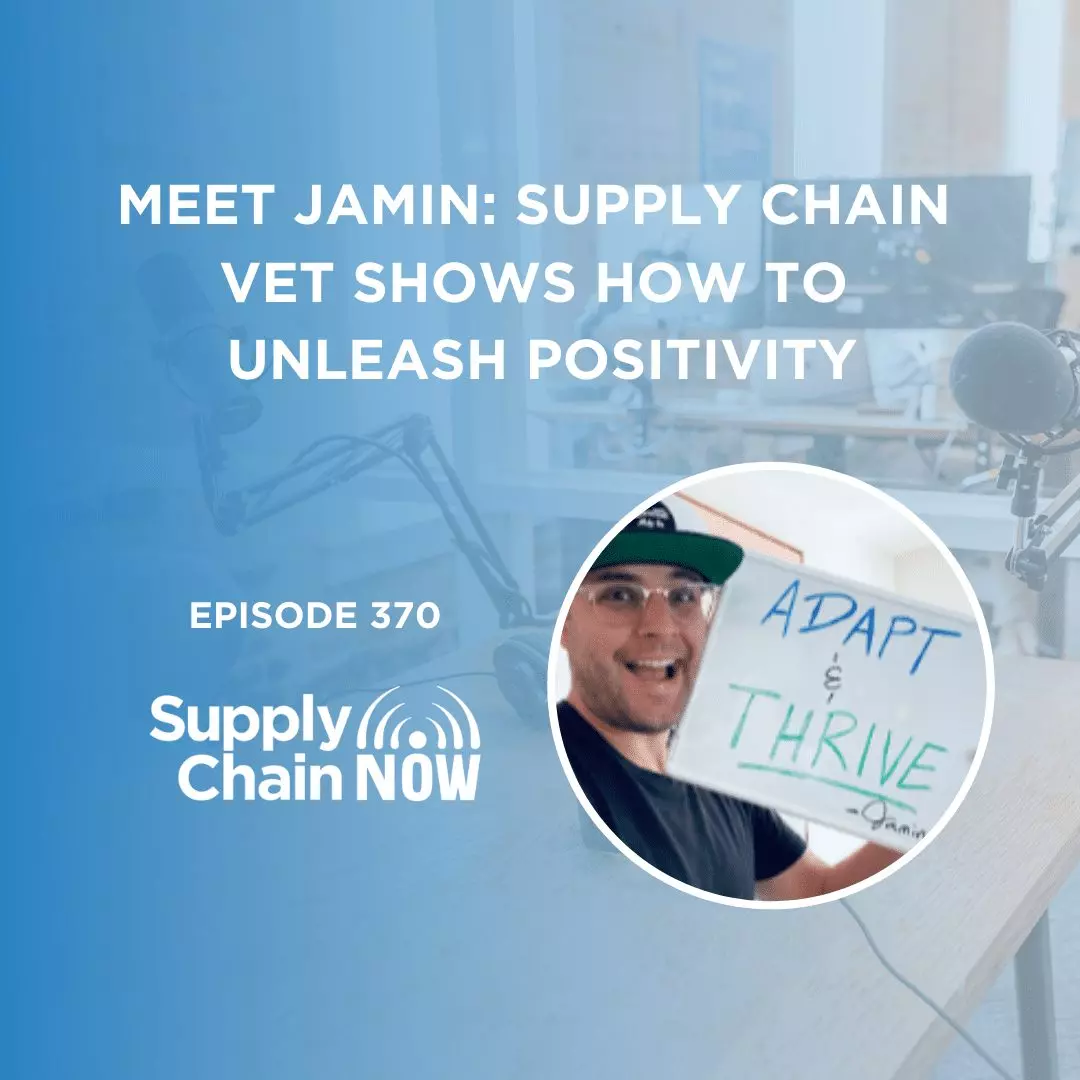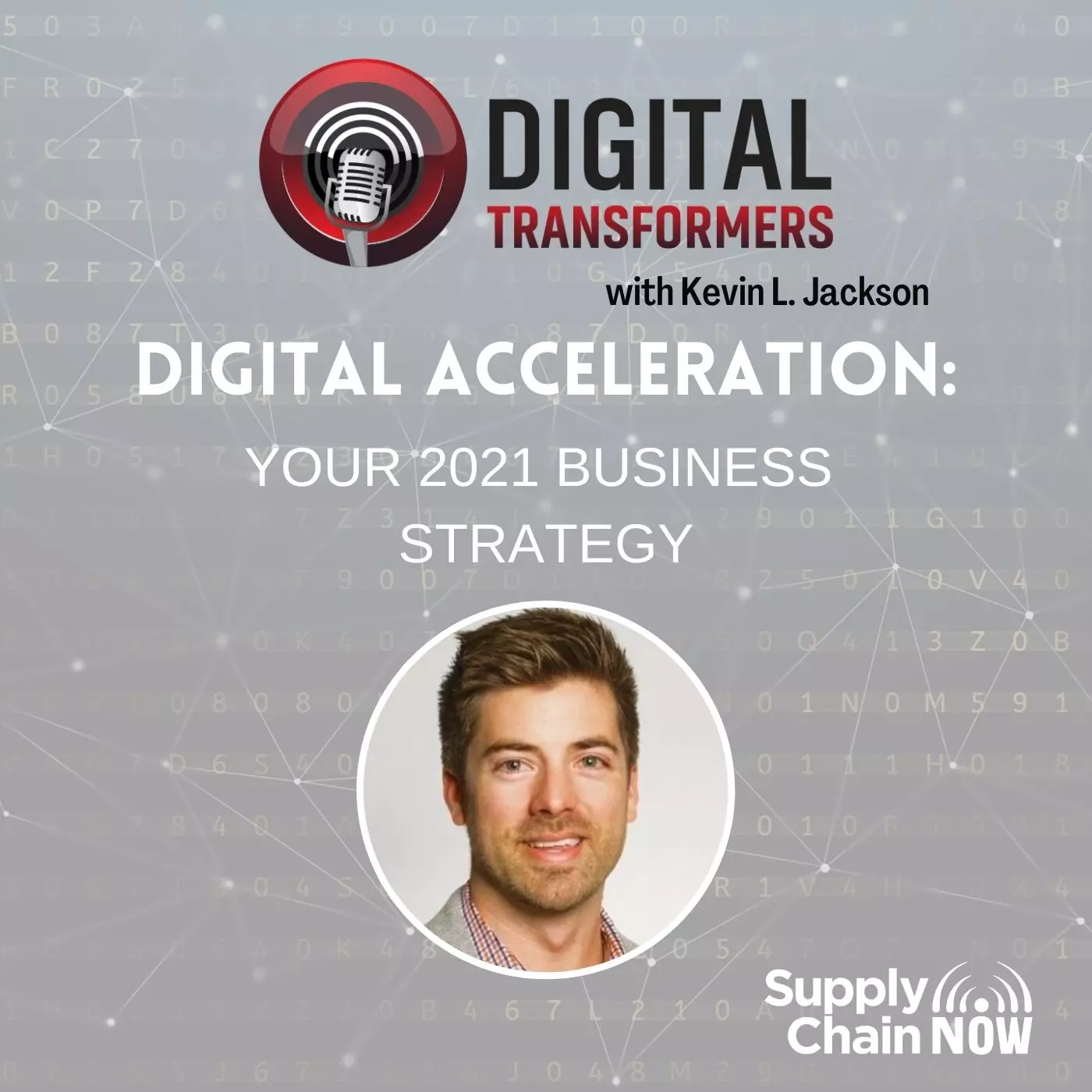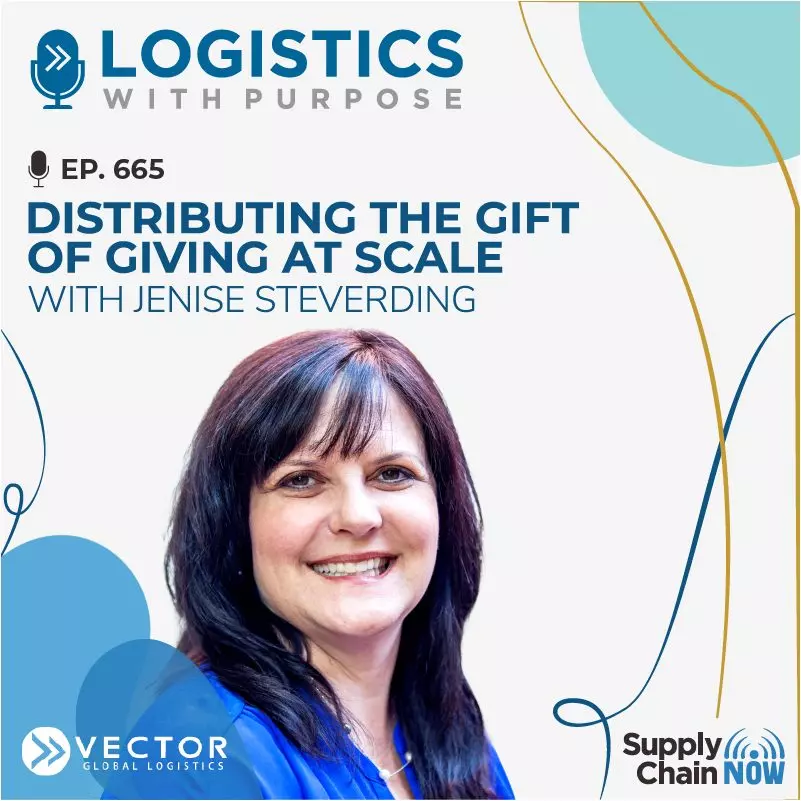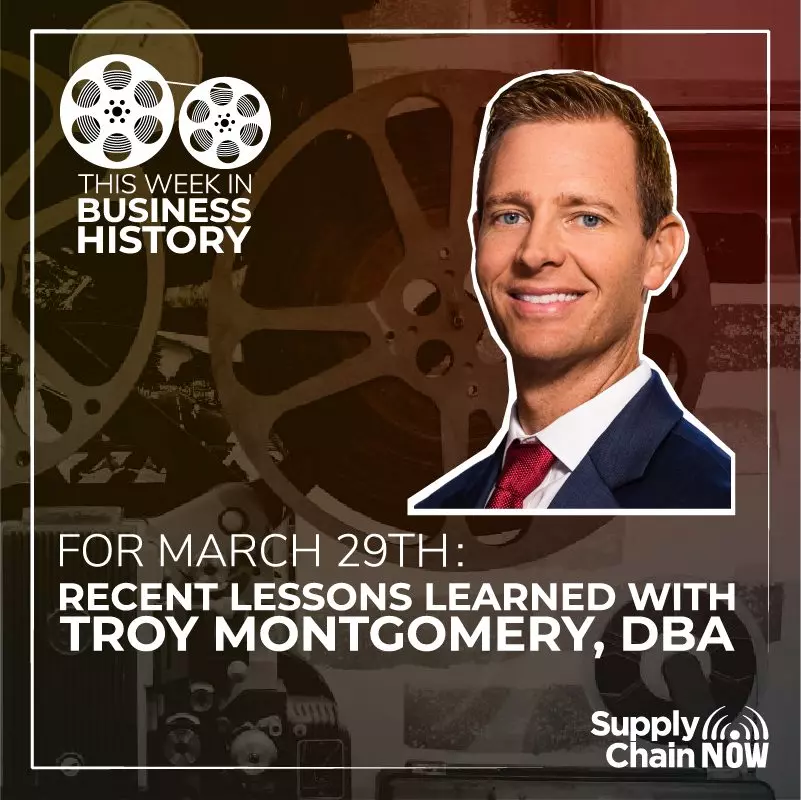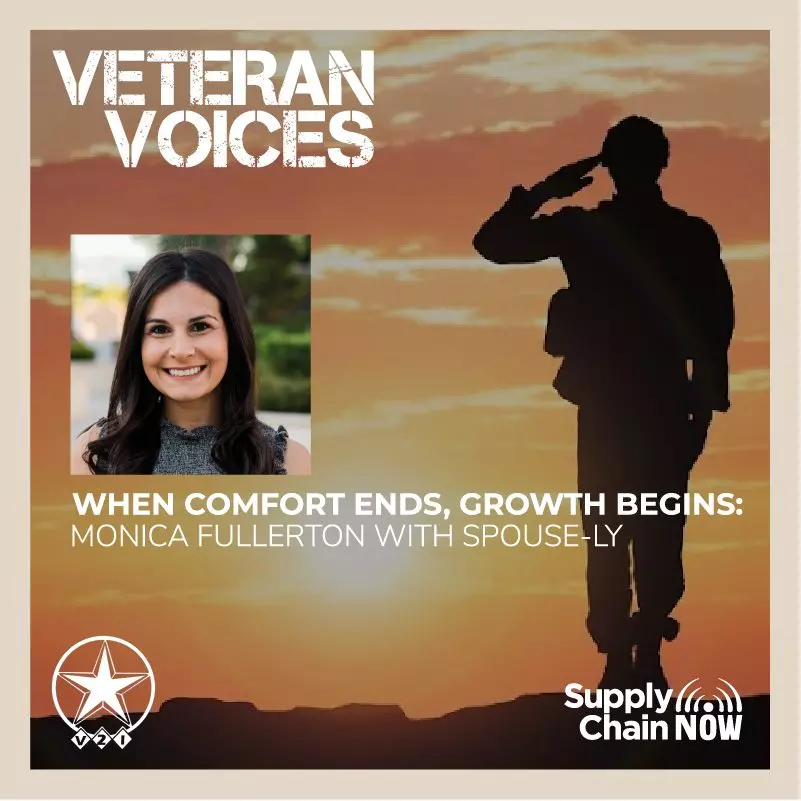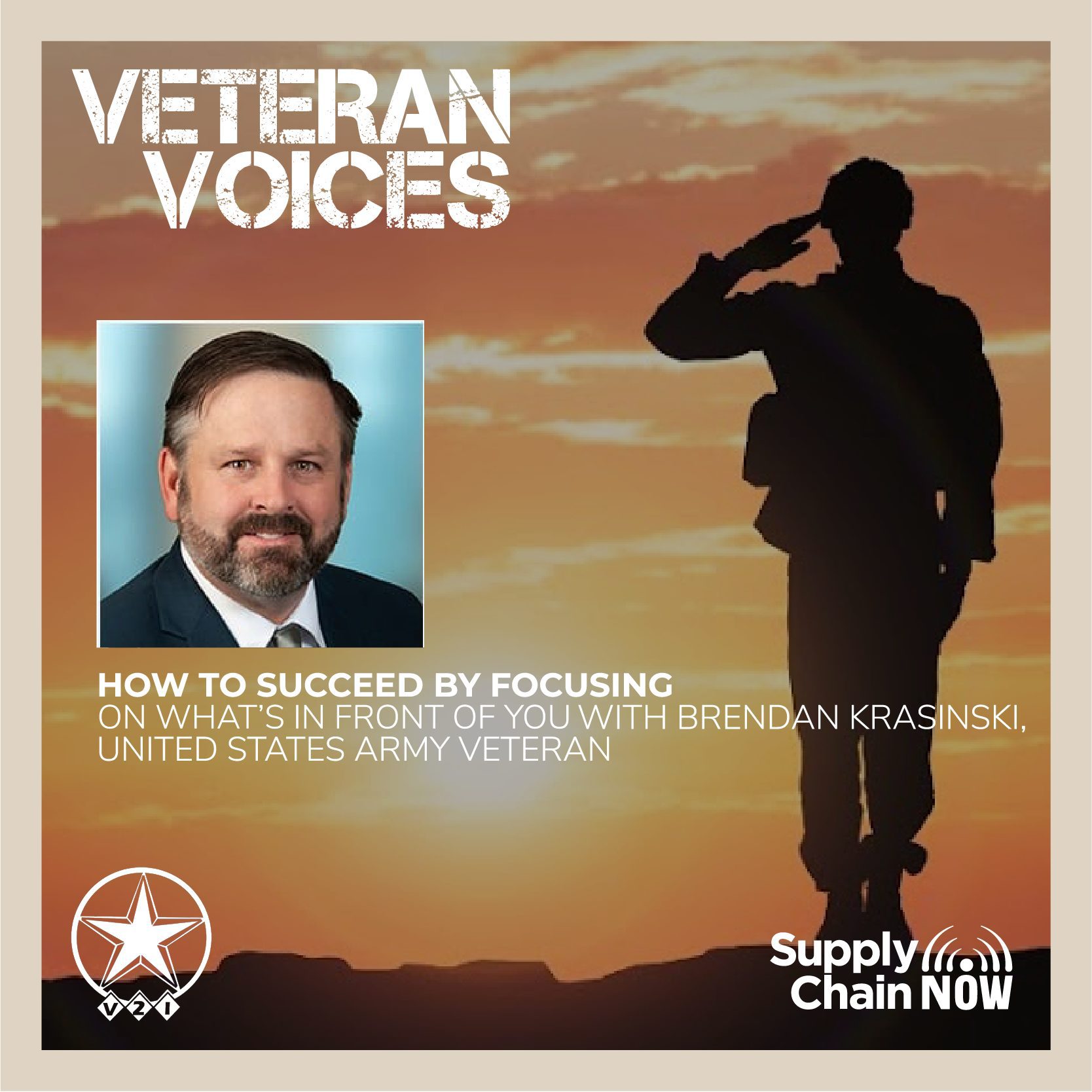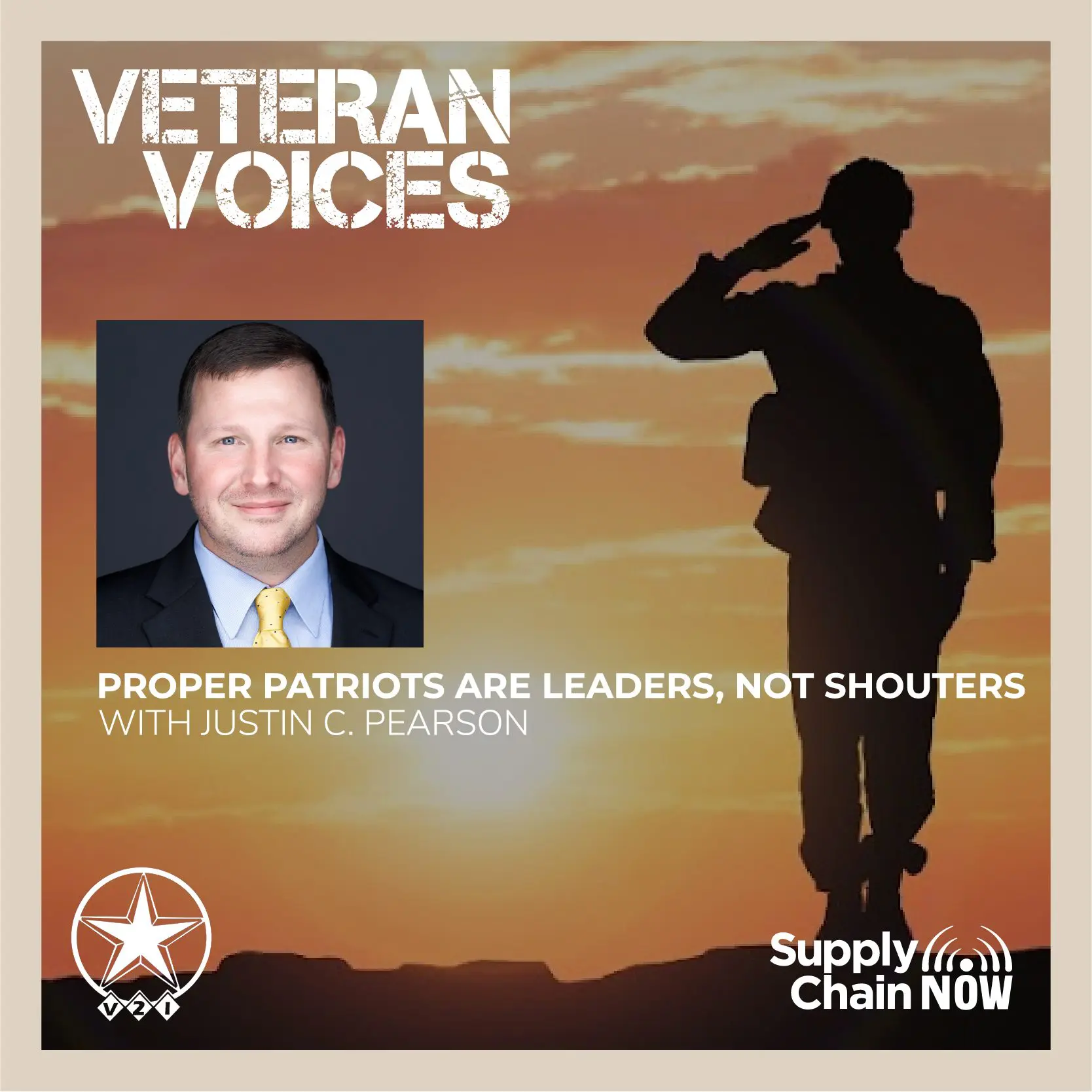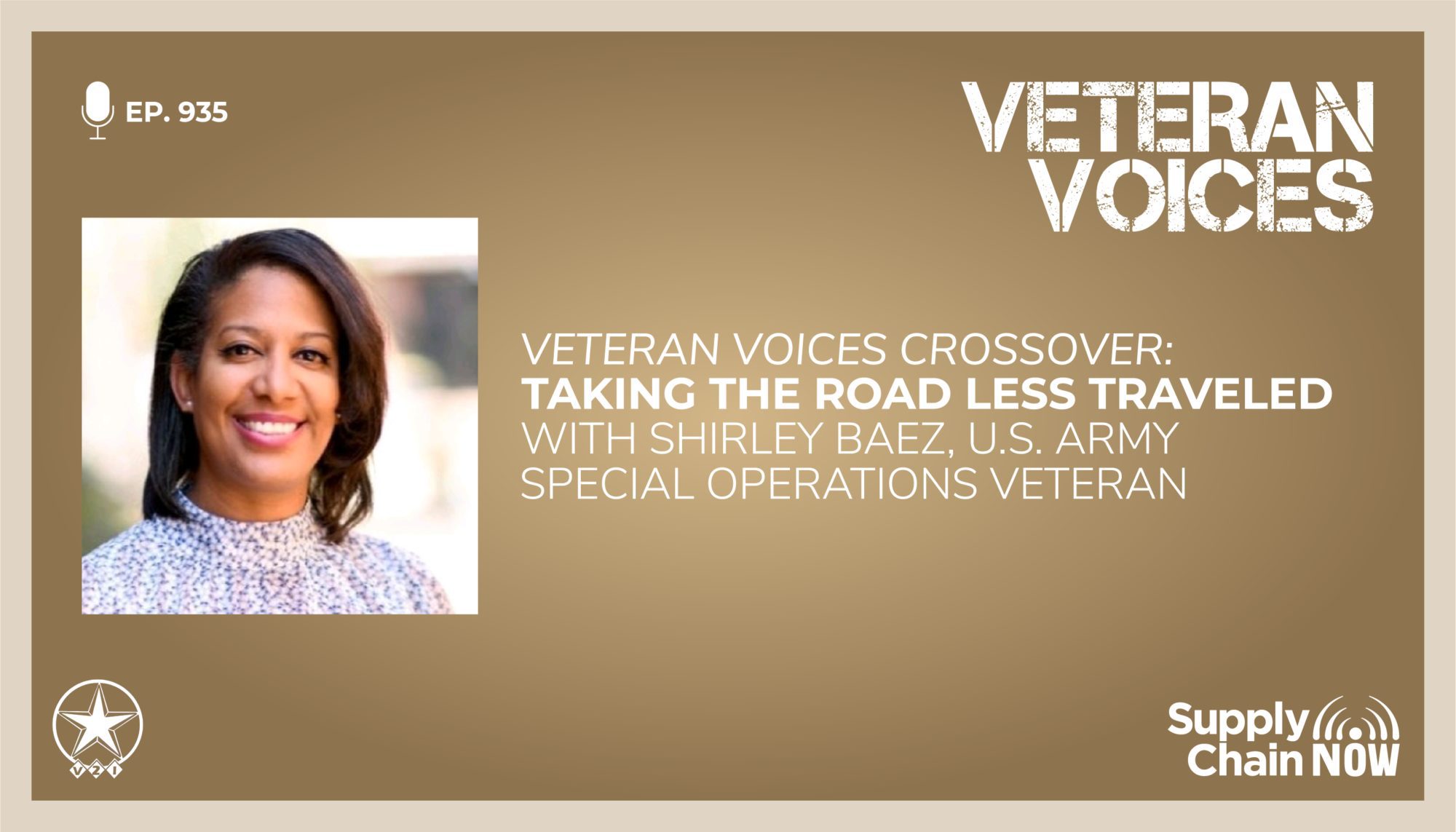
I loved to jump [as part of the 82nd Airborne Division], but I also developed a liking for the process of ensuring that each jumper exited out safely. I love the whole beginning to end of preparation and planning.
- Shirley Baez, U.S. Army Special Operations Veteran
Episode Summary
For many people, the military functions as a big “leadership school.” Service members have contact with different types of leaders and learn to become leaders in their own right. From finding the right mentor to building a tribe of supportive people around you, who each person surrounds themselves with will often determine the path that they follow.
In this Veteran Voices crossover episode, Mary Kate Soliva welcomes Shirley Baez. Shirley started thinking about joining the Army as a way of paying for college, and then the Twin Towers fell on 9/11. In that moment, perspective changed and she went from “just being a girl that wanted to go into the military for college money” to someone who genuinely wanted to serve her country. She is now a Veteran of the U.S. Army special operations community, but her service is not over.
Shirley shares her honest reflections with Mary Kate about:
• What it means to know you have the trust of leaders that you respect
• The role she played as a part of civil affairs, reestablishing essential services in parts of the world where the population is not connected to its government
• Why it was so important to have a ‘tribe’ when the time came to end her military service and enter private industry
Episode Transcript
Intro/Outro (00:02):
Welcome to veteran voices, a podcast that dedicated to giving a voice to those that have served in the United States, armed forces on this series jointly presented by supply chain now, and vets to industry. We sit down with a wide variety of veterans and veteran advocates to gain their insights, perspective and stories from serving. We talked with many individuals about their challenging transition from active duty to the private sector, and we discuss some of the most vital issues facing veterans today. Join us for this episode of veteran voices.
Mary Kate Soliva (00:48):
Hello everybody. Mary Kate Soliva with you here on veteran voices. Thanks for joining us today. As we’ve got a wonderful conversation teed up with one of my all time, favorite veterans and warriors, making a positive impact in this world, stay tuned for a great conversation. Great discussion with one of my besties here. Quick programming note before we get started, this program is part of the supply chain. Now family of programming today’s show is conducted in partnership with dear friends of actually both of ours. Vets to industry learn more about this powerful nonprofit that is serving so many folks@vetstoindustry.org and an initiative that’s near and dear to my heart is actually the Guam human rights initiative. You can find them on LinkedIn and at the university of Guam under the regional center for public policy. Okay. I cannot wait any longer. I’ve been waiting so long to talk to our special guest today. So our guest today is an advocate for transitioning service members and the veteran community. She’s also a veteran of the us army and I should add special operations community, and she’s a volunteer with a goal to continue serving others. So let’s welcome in Shirley by us. Thank you so much, Shirley, for joining us today.
Shirley Baez (02:06):
Thank you so much for having me, Mary Kate. This is wonderful. I, I never even imagined doing an actual podcast with my transitional buddy, so it’s pleasure. I know what a coincidence
Mary Kate Soliva (02:20):
I know. And I just had, you know, I really wanted to bring you on, well, I would say we started, we were transitioning buddies for sure, down at Fort Bragg, North Carolina, and really wanted our listeners today to get to know you a little bit more. And I, I didn’t add what rank you were when you got out, but, you know, I know that you are no shortness of motivation and I really wanted to kick off this episode with some motivation. I don’t know what day of the week it is when our listeners are tuning in right now, but if you could share a motivational quote of yours, that’d be great.
Shirley Baez (02:54):
Absolutely. So one of my all time favorites comes from Becky Halstead, who is the first female, uh, west point graduate and general officer. And the quote is the first person you must lead is you. So that always has touched me because you should, you know, in order for you to, to lead others, you need to learn how to lead yourself. How do you lead yourself in life? So that, that always has motivated me and driven me forward.
Mary Kate Soliva (03:25):
That’s a, I really love that. Actually. I think that’s the first time I’m am hearing this quote. So I really love that. And I think that just in the time that I’ve known you, even during our transition, that was something we both had to learn to do to, to really put ourselves first after spending so many times in uniform where we’re putting the team and taking care of others. And I’d really love to, to take it back a little bit further and, and start out about where you grew up, where you’re from and just a, a little bit about your upbringing.
Shirley Baez (03:56):
Yeah. So I was born in the Dominican Republic and my parents decided, uh, to immigrate to this wonderful country that provided us a lot of opportunities. I came here when I was seven years old and I grew up in New York city, Washington Heights, where, where I was there for the better part of like 19 years before I decided to join the services. But definitely as I was growing up, you know, I I’ve always been kind of a creative, curious person. Right. And so that translated a lot to what I did when I was young. You know, I, I did some modeling, I, you know, attended high school of fashion industries where, you know, I got to design and create clothing, the new wave of the future, uh, with, with fashion. And I also was very much into sports and I was in the basketball team. So that’s kind of like my youth in a nutshell, before I joined the service,
Mary Kate Soliva (04:55):
Which I can see is like completely different than, so this would be something really interesting just to hear about that. About imagining fashionista, Shirley younger, Shirley grown up in the city. I’ve actually been to the Dominican public one time and hands down the best juice I’ve ever had in my life. Probably a super random thing, but literally the best, the best juice. I think actually in my luggage, I, I carried like probably five or six boxes of juice back with me to continue.
Shirley Baez (05:27):
Oh, it all natural. Yeah. All natural. Lovely. I mean, yes. That’s good that you have such a good, amazing time cuz the food, the beverages, the people, the culture is, is amazing. So
Mary Kate Soliva (05:41):
Yes, absolutely. And, and the dancing and they’re just like just in the streets and, and the food, just the, the food trucks, the side of the road. I absolutely loved it. And yeah, it was, it was a great time. I was there on a, a humanitarian mission at the time. And uh, just after the earthquake in, in Haiti, 2010. So we, we went out there with some friends to just try to help out, uh, for those that were coming over the border. And it was really just an incredible life changing experience. And I love that. I’ve actually seen it now with the food cuz sometimes I see you post about different things like the food and the culture, especially when you get together with your family. So still waiting on my invite there. I think that that just always looks like you and your family are always having a great time. And I, I wanted to touch, I’ve seen you in, you know, your, your family. Do you have sort of any anecdotes sort of lessons learned from anybody that in your upbringing?
Shirley Baez (06:38):
Yeah. So one of the things, you know, that really drove me forward because, you know, I, I had a, a bit of a hard, you know, growing up, right. I, I was very limited with the resources that me and my family had, but one of the things that really like stayed with me was the values that my dad gave me, you know, the, the, you know, the work ethics being organized, he’s a super organized person. And I think that’s why I, it was easy for me to be like that in the military. But, you know, he told me, look, this, this country, you know, gave us a lot of opportunities, great opportunities. So as long as you, you are a hard worker and you’re organized, you’ll make it in this country. So that was one of the biggest things that always stayed with me, uh, was, you know, my dad values.
Mary Kate Soliva (07:32):
That’s amazing. I also recall like some of the, the pictures I see in your family, a lot of strong women in your, your family too.
Shirley Baez (07:41):
Yeah, well, yeah. And, and on the, the side of my mom, my mom’s side for the better part, we’re all women, right? There’s like, I don’t know. You can count with your hands, how many males they are, but we’re, we’re mostly women, very strong, independent entrepreneurial women,
Mary Kate Soliva (08:00):
You know, I wonder where you get it from Shirley <laugh>.
Shirley Baez (08:04):
Yeah. But, you know, we, we’ve all been strong, you know, and, and we’re different. We, we differentiate in, in ages, but now that we’re all like grown up together, right. We we’re so close and so supportive of each other in our journey. And, and that is one of the things that I really do love because my family, since 0.1, you know, since, since the very beginning of me joining the military and now that I’m, that I, that I’m pulse military, they have supported me the whole time. And so, yeah, we’re, we’re a very strong, big bunch of crazy women, you know, like every family, we have our craziness and, and our battles and things like that. But at the end, we, we all love each other and support each other. So, yeah,
Mary Kate Soliva (08:51):
I absolutely love that. I mean, I just, I just imagine like a room where there’s never a dull moment when you’re all together.
Shirley Baez (08:59):
We’re so <laugh>
Mary Kate Soliva (09:01):
Oh, like our listeners can’t see, but there’s a lot of hand waving going in the air right now, but, you know, just on what you were saying about the lessons learned from your dad about, you know, staying organized and having that regimental schedule, let’s take it to your time in uniform and a little bit about what led you to a journey, especially of all branches, the army, you know? And so just talk about that and, and I can’t say that I’m biased at all about, you know, glad that you chose the army, but yeah. What did you, what led you to that point and, and where did you go from there?
Shirley Baez (09:36):
Yeah. So interestingly enough, when I completed, you know, my, you know, high school, you know, I was contemplating what I was gonna do after my life. Right. And so I wanted to go to college and start my career there, but then I saw of course that we couldn’t afford it. Right. And then my dad was making too much money for me to get a grant to go to college. And so interestingly enough, I used to look at a lot of Navy brochures because for some reason, the white uniform, you know, oh, no, really it was very interested. It would lead me to think like, oh my God, how, how would this be? You know, what, what would be the experience? I always admired like the white uniform, but it happened that as I was, you know, taking the train from Manhattan to Queens, I was trying to, uh, register for a, a college out there.
Shirley Baez (10:31):
And I was trying to see if, if I would be eligible for, you know, for assistance for financial assistance. And of course I wasn’t. And so, you know, walking back to the train station and contemplating like, oh my God, how, how am I gonna go to college? I, I, I need to change my life. Like I need to get out of here. Like, you know, I, I need a change. And so, as I was thinking about college there, it was a big sign <laugh> and the train station with we’ll pay for your college, <laugh> the army. Yes. I’m telling you it was so work.
Mary Kate Soliva (11:10):
Good job. Yes.
Shirley Baez (11:12):
You know, that’s how I think about like think and grow rich. Right. You think it, and, and it happens. Right. And so at that time, I was really thinking about, what am I gonna do? You know, they, they, they said that I wasn’t eligible and here I saw a kiosk with a big banner saying, Hey, we’ll pay for you college, join the us army. I didn’t know what the heck was that. And, you know, obviously there was a recruiter there who saw me really gagging at the, you know, at the banner and looking at it. And of course that was his opportunity to go, go and fetch me. Right. And so he talked to me about a lot of the things that I wanted to hear at that time. Right. And so I was like, Hmm, this is very interesting. But then another thing happened throughout that time, and that was nine 11.
Shirley Baez (11:59):
Right. So I was already sold on, you know, going into the military. I have done a couple of the paperwork that I needed to do, went to MES. And then as I was going to a couple of, um, doctor’s appointment before I shipped out, I remember just like today when nine 11 hit, I was like on the 10th or, or 15th floor of, you know, one of the medical offices. And as I went into my appointment, I see a whole bunch of people like crying and, and, you know, on the phone and I didn’t know what was going on. Right. And so, as I see, I remember to this day, as I see, you know, the big glass window to the very far looking downtown, I see big smoke and, and helicopters, you know, roaming around. And that’s kind of when I knew that something weird had happened, right.
Shirley Baez (12:53):
Um, that, that day they all transportation was free. And so as I was taking the bus back to my dad’s house, cuz I was living with my dad at the time, that’s when, when I got to my dad’s house, they were watching the TV and that’s when I saw the twin towers go down. Right. And it was so surreal. It was like a movie. I thought it was a movie. Right. And no, my dad was like, no, surely this is really happening. And so that’s when my mentality and my perspective change automatically to just being a girl that wanted to go into the military for college money to now serve, wanting to serve my country. Right. And, and knowing that something was happening and where I was going is where I meant to go, like where I needed to be at the time. You know? And then once I shipped out, you know, less than when I got to my first unit, less than a month, I, I was deployed to Iraq. So, you know, things happened for a reason. That’s the way that it needed to happen at the time. But I don’t regret it one bit because I helped them that effort. And you know, the military ever since has been such a great organization and a life changer for me.
Mary Kate Soliva (14:09):
Wow. There’s just so much to UN unpack here. Cause I was just thinking like they couldn’t have picked a better, I mean, you’re just such an outstanding, incredible soldier. And I know we don’t even have time to go in through nitty gritty of your entire career, but just knowing you as a, as a person, as an individual, as a soldier, you’re amazing, outstanding. And I just, you know, for anybody who made that, that billboard, you know, if they’re tuning in right now, good job,
Shirley Baez (14:38):
Good
Mary Kate Soliva (14:38):
Recruitment tactic. It worked on Shirley. And I think that for, even for myself and I’m sure our listeners knew where they were, where they were standing, where they were at the day that the twin towers fell and definitely changed, changed many, changed all of our lives. We haven’t been the same since. And to just think back to that, about where we were and call to service, that was the same for me as well. I wasn’t old enough yet to raise my right hand, but it was something that definitely made a huge impact in me, just counting down the, the time to graduation to be able to, to join. So I, I think that I’d love to go a little bit more into your time in the army and sort of, you know, you only were in like, not even three months yet and you were already deployed. Uh, so what was that like for you? I mean, at, at this point, your, your family’s thoughts, was this something that you were amped up to go the, the fears and talk to us a little bit about that?
Shirley Baez (15:38):
Yeah. So it’s funny, right. I, I came in at the tender age of 19 and, you know, even though I knew that I was going somewhere where I, you know, it was a calling for me at the time, you know, at that point in time, you know, I didn’t, I didn’t really know what I was getting into, you know, like, yeah. I, I was just following my, my squad leader. Right. My <laugh>, you know, my, my first Sergeant and, and, you know, I speak to, I, I speak to some of my colleagues and, and we recollect and, you know, think about reminisce those times. Like, you know, we were so young and, and we just saw it as an adventure. We just saw it as something that we needed to do that, that, that we needed to serve. And we didn’t even think about the dangers that were out there.
Shirley Baez (16:28):
It was just so weird cuz it’s like, wow, now that I think back to it, I’m like, man, one of my first missions, you know, I was standing, you know, I was sitting up at the turret of, of, of a big truck Manning a, a 2 49, right. You know, driving around Iraq. And I didn’t even think about it. And I’m like thinking like, oh my God, this was pretty dangerous. You know, so, but you know, at the time, in my mind, you know, you know, I knew that I needed to conduct my mission. Right. And, and, and conduct the, the intent of our commanders. And that was what’s in my what’s in my mind. And, and of course my family, you know, it, it was something that they didn’t even expect, you know? Wow. Timing. Right. You raised your, you know, your, your, your hand to go into the military and oh, by the way, nine 11 just happened.
Shirley Baez (17:23):
So of course they, they had some, some concerns, but again, you know, they’ve always been so supportive of me more than ever when I was deployed to, to areas around the world, but definitely, you know, I was young. I was motivated, you know, I, I took care of business. It was fun because I, I found a tribe. I, I found family. Right. We were also young. Absolutely. And, and, and so supportive of each other of, of cuz I was in logistics the first nine years of my career. And you know, I had my other logistical buddies there. We worked together and we made it fun for each other and we accomplished the mission, you know? So that was what was on our minds the whole time. It wasn’t even really, oh, this is, you know, dangerous or this can, something can happen, you know, at the time it was, it was duty. Right. So
Mary Kate Soliva (18:20):
I just imagine that how it was for those who knew you at that time that you came, you know, this fashion, Easter to sit fashionista city gal, and now you’re, you’re you said a turret with the 2 49.
Shirley Baez (18:32):
I know.
Mary Kate Soliva (18:32):
And just, uh, you know, night and day and just the growth that happens, you know, during that time of our lives, when we first joined the military and you mentioned a, a first Sergeant and just sort of that your squad leader falling them around, can you do a couple people stick out to you from that time? I know in the span of the time you were in the army, I’m sure there’s many, but there are a couple that really took you under their wing perhaps in those early, early years or even throughout your time.
Shirley Baez (19:00):
Yes. One, one special, special person that I even still maintain coms with to this day was at the time, my first Sergeant, well, he’s now retired Sergeant major, but first Sergeant Rodriguez, he had a really fake Puerto Rican accent. Right. And, and his thing was every Monday we gonna run, we gonna run, we are gonna run and we’re gonna call cadence. And that was his thing running every Monday, but he was so humble and so great at, you know, at developing soldiers. Right. He, one of the things that I do admire about some of the greatest leaders that I had was that they, they trusted me. They saw my potential, right. Where maybe others didn’t. Right. But they did, they took me under their wing and, and they really showed me the value of, of leading right. Of, of, of leading other people, developing other people.
Shirley Baez (20:03):
And they took that time to do it for me. So when I became a young E five, which I became a young E five, very young, like I think I was like 23, you know, one year 24, you know, it was nervewracking. But I always went back to the principles that he taught me, you know, as, as he was moving me into the leader that I became, and he actually came into my promotion for master Sergeant, uh, it that’s, it was such a surprise. I, I was not even expecting that. Um, when I was in SW a special operations training group, um, he came to, to my promotion and was so touching. Yeah.
Mary Kate Soliva (20:50):
Oh, I love that. I mean, and just the, the fact that I’m sure that he was just so proud. Cause just thinking about how he knew you when you were just young, young, you know, and young soldier here, young Shirley, and then to think about how far, how much you’ve grown since then, and now here you are leading soldiers and you’ll see that reflection of, of even his leadership and mentorship. And I love that you keep coms with him still today. That’s fantastic. And well, you, you touched on, um, this, the special operations community. So that’s not something that you came in as, so was it another billboard that you saw that was like, no, I’m going to special operations community, put yourself through more grief. No. Um, how was that for you?
Shirley Baez (21:36):
So that was kinda like a marketing tactic from my buddies, but no
Mary Kate Soliva (21:41):
Shirley sure. That’s
Shirley Baez (21:42):
How I came off that, but, well, what happened was is that when I was in my second deployment to Iraq, you know, I was the ammunition section chief. So I managed the whole ammunition supply point down where we were, um, in Iraq and some of our customers were from civil affairs, you know, mm-hmm <affirmative>. And so they, they would come and we will supply them with, with ammunition, for their missions and things like that. And so as I came across them, you know, we made friends and of course I also already had buddies that had transitioned over to civil affairs. And that’s why I kind of took an interest when these customers came, you know, to pick up, to get issued ammo, I would ask them about civil affairs. And so at the time I was already, I think, eight years into my career and in the 82nd airborne division.
Shirley Baez (22:39):
And I already knew that at that point I needed a change, you know, because I kind of already sort of mastered like my, my career field. Right. And so it was either going into chief Warren officer or coming into the special operations community as, you know, as a, as a, as an enlisted. Right. And so at the time it worked out to where, um, there was, um, there was an opening to, to get package in for people that wanted to apply for becoming a civil affairs. They talked to me a little bit about what civil affairs was, even though, you know, there’s many interpretations of what that is, but I really liked what I heard. And I’m like, okay, I’m very interested in doing this. How do I go about it? So, you know, they provided me, you know, a point of contact and they, they gave me all the requirements that you needed to meet. And, you know, I was coming to, you know, I, I spoke to my leadership at the time and they understood that I, you know, it was time for me to go for a change and I submitted my packet and got selected. It was a pretty rigorous at the time to be selected, you know, and when I got selected, I was so, so happy. And of course that was another transition in my career field to, to something even bigger. Right. So,
Mary Kate Soliva (24:09):
Oh yes. I, I mean, goodness, civil affairs. So you mentioned about the different definition. So for our listeners who don’t know what civil affairs does or who they are, what is your definition of civil affairs?
Shirley Baez (24:24):
So my definition, right in general, different
Mary Kate Soliva (24:27):
From my definition
Shirley Baez (24:29):
<laugh> yeah. So we work by, through and with host nation, uh, governments to reestablish essential services in different parts of the world, right? So where strife is happening, grief is happening where the population is not necessarily connected to its government. We’re there to either be a liaison for that government official or that military officer towards their government. Right. Or we are advisors to that government on, on different areas of, of special functionalities within, within a government structure. And that’s kind of where the reserve CA come in because they’re they’re specialists on, you know, the law side of things on yes. Essential services. So that’s kind of how we liaise with them, but definitely with the special operations part of it, we, we would a, again, help and work through, you know, host nation, military, and host nation, government officials to reestablish, you know, essential services overall to serve the, the community.
Mary Kate Soliva (25:40):
And, and it’s just such a rewarding, rewarding job. I mean, just in seeing I, I’m not civil affairs, but just in working with civil affairs and seeing what you all do, it’s pretty, pretty remarkable. And the fact that you, you get to go to all different locations, different places. So with that being said, do you have a favorite place that the army has sent you? I know Fort Bragg is up there as your top for sure.
Shirley Baez (26:11):
Not for choosing, but that’s just that kind of the way it happened, but yeah.
Mary Kate Soliva (26:16):
Which one
Shirley Baez (26:18):
For Bragg was my only choice, but, but what I’m saying is for, um, for my Dewey station, but for the places that I’ve been around the world, one of my favorite, favorite places was Africa. When I went, I didn’t know,
Mary Kate Soliva (26:33):
You get to go there. That’s incredible. Oh
Shirley Baez (26:35):
Yeah. Yeah. So I worked, um, as a, a special operations liaison element in Senegal at the embassy over there. And so I liaise with the host nation, military and department of defense for initiatives over there, but I really loved it because I got to learn a lot of embassies functionalities and initiatives and things like that. And then of course the culture, the African culture, the people, the food, um, everything. And even the places that I went were just remarkable. I never would’ve imagined even, you know, being in places like that and that, you know, and so the initiatives that we we did at the time were, were just very, um, very valuable and very, the people took it as something very positive. And so I really loved that experience out there. I was there for nine months ago. Mm-hmm <affirmative>
Mary Kate Soliva (27:35):
Wow. I just, I mean, I, I’ve never been just to imagine how beautiful and amazing that was, that you got the opportunity to do that, especially I think one of the most rewarding things about us being in the special operations community is that chance to work with the host nation. I mean, it’s so rewarding to be able to actually go in to the villages, go in and go to these places where the locals are, what people are to really experience that culture. It’s not something that we’re reading about in books or online. We’re, we’re literally getting to experience it firsthand, all of it. Uh, so that’s great. Definitely can be with you right there on that. And I just, I can, I can’t move on from your time in service, without talking about how bad you are for being a jump master. So Listeners dunno like surely over here is a jump master. And I mean, it goes without saying the fact that you were in 82nd or born y’all jumped a lot over there. Yes. But even though that time that you ended up in the special operations community, was that something, did you, do you love jumping outta airplanes? Is that talk to us a little bit about that journey and then ending up as a jump master.
Shirley Baez (28:45):
Yeah. So it’s crazy because now thinking back every decision that I’ve ever made, whether it might have ever made, whether in my civilian life or military has been the road less travel. Right. So when I was in AIT, um, and that that’s the school that they, that they send us to to learn like our careers, you know, there was, there was a, a time where our drill Sergeant was like, Hey, there’s a couple of openings to, you know, who wants to volunteer to go to airborne school. Right. And so who the heck wants to jump out of airplanes? Right. That’s like absurd in
Mary Kate Soliva (29:28):
My hands, going back down,
Shirley Baez (29:29):
You know, like a perfectly developed, you know, plane, like who the heck wants to do that. And I was only <laugh> it
Mary Kate Soliva (29:42):
Was on a billboard.
Shirley Baez (29:44):
Yes, yes. Who wants to join, join to become airborne. And I was the only one that said, you know, I’ll do it. And, and I became the favorite of the drill surgeon, I guess. I don’t know, cuz I was like in his good graces, cuz he would be up my throat. Like why don’t I, but you know, I went to airborne school and it’s not like I always like, I love to jump, but I developed a liking to the process of ensuring that each jumper, you know, exits out safely, you know, I love the whole beginning to end of preparation and planning. And then of course with time, like when I jumped, I, you know, you be developed that confidence, you know, mm-hmm <affirmative> and doing something outrageous. Right. Uh, because it’s about TA being, having courage and taking chances. Right. <laugh> but I, I developed like this rush, it was kind of like a rush when I would, you know, jump out of the airplane. Of course it, you know, before that I’m like praying to the Lord. Right. But definitely as I, as I took my step, a great rigorous exit, you know, and my parachute open, I was like, ah, another great jump. So <laugh> I
Mary Kate Soliva (31:05):
Can’t imagine the alternative.
Shirley Baez (31:08):
Oh my goodness. Oh, lemme tell you, I prepare very well for that. But then again, you could never prepare enough for that. Right. But uh, you know, thankfully it, it, throughout my 20 years, every time I jumped it, it was, it was a good landing. So, um, yeah. And then when I went to the special operations community and I became, you know, a jump master, that’s when I really, really saw the, the back side of things. Right. And like I said, mm-hmm, <affirmative>, you know, the preparation, the planning, the ensuring that the example that you have to be for these soldiers, because they they’re entrusting you to drive them all the way to successful exit without any injuries. Right. And so, and
Mary Kate Soliva (31:53):
I love that the chaplain shows up right before we get on the plane. That’s always, that’s always the most comforting part of airborne operations. Where’s that chaplain
Shirley Baez (32:02):
You got bless without that. Not,
Mary Kate Soliva (32:06):
I, I never than I’m about to jump out of an airplane. I swear. Let me tell you
Shirley Baez (32:11):
Exactly <laugh> but it was, it was fun times. It was great times. You know, you, you would even become closer with your team, your team of jump masters and even, and even when you’re being a jump master of your own soldiers, mm-hmm, <affirmative> you develop that relationship, just that, that bond, you know, that, that they can trust you. They can trust you to lead ’em out, you know, safely. They can trust you, you know, in the battlefield and everything like that. So it was a lot of fun for me. I, I do miss it a lot. Cuz I see myself sometimes doing the little jump master dance, you know, where you’re checking people’s equipment for me. That’s that’s how I passed the course. I just saw it as a dance and I I’m a dancer. I love dancing. So mm-hmm <affirmative>
Mary Kate Soliva (33:01):
Oh yes, yes <laugh> did you end up having a cool uh, nickname on your ankle? Did you, did your red ankle have any
Shirley Baez (33:10):
No. A lot of people, what, what they will call me as Shirley B or BB, something like that, you know, or Cheryl, you know, that’s
Mary Kate Soliva (33:20):
Shirley from the block.
Shirley Baez (33:21):
<laugh> Shirley from the, I know, right. Cause I’m from the rocks, but no, it was kinda like Shirley B you know, Hey B you know, that’s, that’s what they would. That’s what I had like Cheryl and then, uh, parenthesis B. That’s kind of what they call me.
Mary Kate Soliva (33:38):
Yeah. That’s that’s so cool. I mean, that’s why I always say like hands down, you’re a badass. I mean, just for doing that, I don’t have nearly enough jumps and I was not in line to try to, to become a jump master. So the fact that you achieved that and you really enjoyed it. And I think the confidence piece speaks volumes too, because it really does take that confidence, you know, in yourself and your ability to do your job. Right? Because we can see that, you know, those who are following you, they’re, they’re not gonna wanna follow you outta that plane or, or trust you with their life. If you don’t look like, you know what you’re doing and you don’t have that confidence. So you know that, I just think that it’s no question that you ended up, you know, ended up leading soldiers like you did at the height of your career. And so that brings me to, to sort of this past year, this journey that we’ve been on,
Shirley Baez (34:32):
Oh my goodness. What
Mary Kate Soliva (34:33):
A rollercoaster. So, you know, fast forward now, now we’re we hit COVID time. Um, the pandemic and that time, you know, you had submitted your packet, you were heading towards retirement. Um, what was that transition like for you? Uh, and maybe some of the, the challenges that you face, especially in the midst of a pandemic.
Shirley Baez (34:53):
Yeah. So I, at the time I was CLO, you know, closing out my first Sergeant time, you know? And so, you know, I had to a little bit juggle that with, with preparing, uh, for transition. I had already known, uh, two years, two, two to three years already that, you know, at 20 I was gonna hang up the gloves, you know, and I, and I love the organization, but again, I had the same feeling that the, the winds were changing in my life. Just like when I was a logistical, um, NCO at that eight year mark, it was time for a change. So I knew that once I completed my first Sergeant time, it was time for a change. Right. I, I think I, I felt satisfied that I served well. Right. And so I decided that it was time for me to make another transition.
Shirley Baez (35:49):
And so of course, even though I knew that I wanted to transition, right, it was nervewracking because I never had a job in my life, you know, before the military. And you know, all I knew was the military it’s culture, the lifestyle, right. How we went about things to now having to figure stuff out on my own, you know, and not having anybody tell me, oh, you have to do this, you have to do that. It’s kind of like, you are your own artist. And you’re kind of like painting on that campus and whatever comes out is what’s gonna come out. Right. And so that’s all I knew. Right. But, but I think what, what helped me out a lot was people like you like JB, you know, and, and other folks that I was able to come across and kind of Mel, you know, Mel, within you guys to, to form that, that tribe at the time, which was our transitional tribe.
Shirley Baez (36:58):
And that is where I felt so comfortable. And, and so assured that things were gonna be okay. And of course also being part of, you know, workshops such as the honor foundation that you and I, you know, attended. And we were both honor women, of course. Woo. The honor women, peer voted, peer voted. Yes. Peer voted. Yes. And so as you very well know that really, it it’s a turning point, right? Because it makes you question a lot of the things that, that you should question in your life as to, how do you wanna live? Who are you right now? What are your values outside of the military? Right. And so, even though I, I was searching for that, I still felt good that things were gonna look up at the end because I had support like that. And with you guys’ support and our meetups at the bar, you know, the, the before and after review, um, you know, program where, where we met and exchange ideas and resources and information, I’m telling you that that helped so much. And so it, it was up and down. It was up and down for me. I was still trying to figure it out. And of course, even a couple months after my, my retirement, so now I’m, I’m still growing and evolving and I’m still coming into my own outside of the uniform. So yeah, it, I think what lessened the blow was finding a support group that we can together cross over that finish line.
Mary Kate Soliva (38:47):
Absolutely. And I, I think that even just in the time that I knew you, you know, here’s, here’s me transitioning out and I’m looking at you and you, you seemed so confident the whole time, you know, but you, there were certain points where you, you made yourself vulnerable where you admitted out loud, voice it out loud. I don’t know what to do, or I’m still figuring it out. I’m still learning. And you know, I, I think that that was courageous in itself because we, we have brothers and sisters that we’ve served with that are having trouble admitting that they don’t know what to do. It’s like the first time that you, you even just said it right there, that you didn’t have a job before you joined the army, like the army was it. And then having done 20, having served honorably 20 years, you get it, you love that organization.
Mary Kate Soliva (39:35):
You know what you’re doing, and then you get out and then you got this whole big world with choices, you got options and you gotta figure out what does Shirley want to do instead of the army, the army tells you what, what kind of person they want to make E seven, what kind of person they want for an E eight? And you don’t have that on this side. It’s kind of like, what does Shirley want? What do you want? And you know, what does Mary Kay want? And I think that was really challenging. But looking at, at your process, your journey was so inspiring. Even to me to just take a step back, I kept thinking, okay, it’s our us young ones that are getting out. And, uh, <laugh>, you know, as far as rank goes, like we’re still young in our army career and we’re thinking, okay, we’re gonna step out.
Mary Kate Soliva (40:15):
We’re the ones that need all the help. But then I really, I took a step back and probably halfway through my transition. I was like, oh my goodness. It’s, it’s the seniors senior leaders that really need help too. You know? And I, you know, we, I think we look at it as you all have it all together because you all look like you have it all together all the time. And, and it really is a humbling experience going through the transition. And you said it best right there about finding your tribe, finding people to, to stay stick with you through this process.
Shirley Baez (40:45):
Yeah, no, absolutely. And, and like I said, going back to that quote, right? That I, that I mentioned that first, you know, the first person you must lead is yourself and what we leaders and, and all of us are leaders. Right. Cause the military is a big leadership school is the leadership capability to take ownership of your journey, even though you don’t know where the heck you’re going. Right. And so us as leaders, you know, as senior leaders, that’s kind of like, all we have is like, okay, we’re gotta we’re leaders here. So we gotta take charge of our own ride. Right. And see where it, where it leads us. But one of the other things that I’ve was always certain about is that this was a unique transition point in my life. And I wanted to be as intentional as possible about it. Right.
Shirley Baez (41:40):
Not, not to say that, you know, I, I wanna be controlling of everything that was happening. No, it’s just that I knew at the other side of the tunnel, what I wanted to see when, when, when I, you know, made that final leap. And so I put in place things that would leave that would beat me there. Right. And so even though I didn’t really know, like, okay, who am I completely like, what do I wanna do? I, I knew that there were things that I was coming across that little by little was helping me put together that puzzle piece. Right. And, and the puzzle and the painting is not complete yet. Right. You know, I’m, I’m still, I wanted to be as intentional as possible with my journey.
Mary Kate Soliva (42:29):
I, and I love that as intentional as possible with your journey. And, and I, I think that that’s such a great point to make, because it’s not like you have all the time in the world to make that transition either. It’s not like, you know, go at, at Shirley’s pace or go at Mary Kate’s pace. It’s like the army literally launches you from the airplane on that last day and good luck, you know?
Shirley Baez (42:53):
Exactly. So
Mary Kate Soliva (42:54):
Hope your shoot opens kind of thing. Just, you know, so
Shirley Baez (42:59):
It’s really,
Mary Kate Soliva (43:00):
Yeah. It’s like in, in jump into the unknown and you’re just hoping that you have a safe landing and, you know, I think like you’re, you’re right to admit that I’m, I still feel like I’m transitioning and it’s already been like seven, eight months for me. So I, I still feel like I’m figuring things out and learning about what I wanna do, but I also think that we should continue doing that. I think all of us, whether we wore the uniform or not just that active learning, continuing to learn, continue to grow and self reflect. But you know, when you mentioned before after action review, getting that time to really meet up together with service members, from the different sides of Fort Bragg that I had never met in my life probably wouldn’t have met them otherwise. But to know like all different ranks, we’re going through this together. What would you say to a room of transitioning service members now? Um, sort of a piece of advice to talk to ’em now that you’re at this point in your journey.
Shirley Baez (43:54):
Oh, wow. There’s several, but I would say, you know, take time to get to know yourself again, you know, be your own friend, get to know yourself. And again, and again, I utilize intentionality when you do that. Right. Because it’s like, when I got out, you know, I took it a little bit for granted, you know, because I thought I had it, you know, I, I, I thought I was good, but then I got to a point where I really had to sit down and be like, okay, like, I really need to get serious about who am I and what do I really love and what do I enjoy in life? And so one of the things that I would say is get to know yourself again, really sit down and write down, like, what are your own personal values, not the military values. You know, even though some of them, you know, can relate or cross over, but be serious with yourself, like, be honest with yourself and, and explore those.
Shirley Baez (45:00):
And, and of course, tribe your tribe. I’m telling you, like, that’s what helped me so much. That’s what led me, you know, that’s what helped me stay motivated through this journey. That’s what helped me not feel uncertain because I know there’s, there were some nights Mary Kay, that I would text you or call you, you know, and be vulnerable. And you tell me it’s okay. You wanna go? You wanna go get coffee tomorrow to the players? You know? Yes. Look, I appreciated that. That really, really I’m telling you, I will never forget that. So, you know, again, get to know yourself and your values, you know, find your tribe, right. Find your tribe. And of course, you know, again, find, find a mentor, you know, a, a, a lot of what helped me too, aside from my tribe is to find a mentor in the areas that I was interested in going into, you know, and that helped me a lot because they put certain things into perspective that I didn’t really think about. Right. Um, because they’re already on the other side and they can provide me a glimpse of that. And so that, that really helped me a lot. That’s what I would tell the group.
Mary Kate Soliva (46:19):
Absolutely. I, I really love that. I think I agree with everything. You said your advice to this point and, and the tribe piece, getting to take that time to get to know yourself. I was even just thinking, as you were talking about where, when I first spoke to you, I actually think I was at a consignment shop looking at <laugh>. I was just at a consign shop wandering around and, you know, got that call to talk to you because Holte, um, you know, from honor foundation was like, you gotta talk to Shirley. And when he told me, you know, Shirley is a first SAR and I was like, oh no, I was getting all scared of like, hearing you go Texas for SAR. Um, but you know, we hit it all so well. And, and it’s just been such an honor to be able to go through this journey with you and to know that accountability piece, to know that even on our down days, we could just pick up the phone, even if it’s just leaving a voice message to just, you know, check in and just, you know, I got your six and, uh, sometimes that’s all we need to hear to know, okay, I can, I can do this.
Mary Kate Soliva (47:23):
I can brush myself off. I can, I can do this. I can face the day. Cause boy, is it hard sometimes to face the day? Um, especially when you, you want, I mean, it’s like your family’s expecting, they ask the questions. What are you gonna do now? What are you gonna do next? And so it, it’s hard. Sometimes you, when you just it’s okay to say, I don’t know right now. Right. But
Shirley Baez (47:44):
You, and, and sometimes they, they weren’t in the military. So they can’t really relate to how you’re feeling like the emotional rollercoaster that you’re going through. Right. Because you are coming out of a big organization that was part of your life. So it’s really important to have your group of people that can certainly relate. And when you say something like, you don’t have to explain yourself because they got you, like you, they know. Absolutely. Yeah,
Mary Kate Soliva (48:12):
Absolutely. And it doesn’t hurt to meet up. I mean, I think even coming outta the pandemic, that was something that we just took for granted was being able to meet in person. So being able to do that, have a battle buddy, that I could go out and have a cup of coffee, go and sit in a cafe with, you know, second to none being able to do that. And so I wanted to, to talk about sort of what your, you, you are doing now and, you know, your, your journey. I see you doing those workouts and accountability groups. So I’d love to hear about what you’ve been up to since, uh, since he got off active duty.
Shirley Baez (48:45):
Yeah. Oh, wow. So, you know, I just had so many ideas and things that I wanted to do. Of course I can’t tackle them. All right. I gotta, I gotta eat this elephant. You know, what little bite at a time. But, you know, I knew that even though I wanted to go to corporate America, right. And I had the opportunity, I, I think at the time I needed to make another move. Right. And again, I still walked the road less travel. Right. Because at the end of the day, you know, and this is a secret that I’m putting out to the world, of course now, but I, I, you know, ultimately wanna become an entrepreneur. Right. I, I just kind of wanna lift my life on my terms and, you know, add value into other people’s lives with things that I, that I feel as though would help them grow.
Shirley Baez (49:40):
Right. And so I, I needed that flexibility and, uh, you know, I, I work remote, you know, I, I got a really good job at this, uh, software startup and I work remote and, and, you know, the jobs thus far has been really, really good because we’re, we’re a small team and, and that kind of still gives me, you know, that, that hunger satisfaction of being of working in a small team. Right. And so, um, yes, and, and, and so it’s been great. The people there has have been great to me, um, and, and provided me with so much support. Right. And so being at, at, at that job and, and doing my, you know, my nine to five, um, as a remote worker really lends me the opportunity to focus on my other projects. Right. And so that leads me to, you know, going back to man, what do, why do I really, really love?
Shirley Baez (50:38):
And, and since I was young, even though that I’ve been a very creative person, things like that, I also was very, a very active person. I’ve always been into sports aside from that. And always been active, always loved working out. So I’m like, man, I, I really love the health and wellness industry. I, I really do. Oh, yeah. Mm-hmm <affirmative>. And, and that’s why, obviously I didn’t mind it in the military because I loved it. You know, I hate do I hated doing it at the time because it hurt. But after that, I, I, man, I just felt so much better. And so, you know, I wanted to, to be part of that. And, and now aside from me going on my journey of, of getting back into my optimal health, I also, you know, provide, you know, products for people for health and wellness.
Shirley Baez (51:28):
And so I got, you know, my little side hustle, you know, my little, you know, uh, entrepreneurial venture there where I’m providing, you know, these services to, to other people. And also I’m looking into franchising. So great thing that, that came out of the honor foundation was me getting to know, uh, a special lady by the name of Laura re who’s a franchise coach and has been my coach since the honor foundation. Right. And so we finally are getting into, you know, the industry that I wanna get into, um, aside from the health and wellness, and we’re exploring that, and, and that is something that I’m working at. And, and of course, yeah, just, just developing my, my entrepreneurial journey a little by little is, is coming into fruition. And I’m just kind of following, I’m writing the wave, you know, I’m writing the wave of things that are coming together and I’m really just, instead of me trying to control everything, I’m just enjoying the journey and seeing what it takes me. And, and of course, if I am aside from paying it forward to the veteran community, which is something that I love to do too, and I’m doing it, you know, I’m also providing health and wellness coaching and, and services to others to better, you know, their, their life, their life. So, yeah, it’s a lot of little things here and there, but I mean, you, you follow me and you kind of see it kind of evolving. So yes, a lot greater things to come.
Mary Kate Soliva (53:07):
And I’ve seen, I, I mean, we touched on this earlier about the strong women in your family, and I’ve sort of been seeing that too, that you’ve been surrounding yourself with a lot of strong women and going to these different conventions and, and things like that. And I know you still, um, continue to pay it forward and giving back by, I’ve seen you as guest speaker at numerous different events, just being able to talk about your journey. So I love that you’ve added in this health and wellness component too, because I find that it’s so important. I know you talk about like mission readiness in the military, but now it’s really just that self care piece, uh, that you you’re adding to that and letting folks know about how important that is.
Shirley Baez (53:47):
Absolutely. And again, it’s finding your tribe, right. I feel as though, you know, as veterans, as, as military, you know, we still have so much potential to become great entrepreneurs because we have that leadership capability. We have that discipline, we have that drive. Right. And so I didn’t know my potential until I had to insert myself yet another to yet another tribe of entrepreneurs that were on the other side and, and really led me to know that, Hey, it’s okay. You can become an entrepreneur. So, you know, be in our group and, and little by little you’ll build that confidence. And so that’s kind of what I’m, you know, that those are my efforts right now and it’s, it’s, it’s coming to fruition and it’s paying off
Mary Kate Soliva (54:39):
Well, I love that. I love that. And thank you for paying it forward, because I know you talked before is you have some, some veterans that really just wanna do their own thing and, and that’s totally fine too. They’ve earned the right to do that. And, but then there’s others, you know, I really wanted to bring you on veteran voices. Cause I, I know that you continue to give back, continue to pay it forward in so many different areas, whether that’s empowering women, women, veterans, um, you know, you even talked to this foster community, literally anybody, everybody, and you’re always just wanting to pour so much of yourself out, but you’re so good at also pouring back in to make sure that you take care of yourself. And it really shows just in so many different areas. And so it’s just a, again, an honor, thank you so much for, for joining on, on veteran voices. And I wanted in case folks want to learn more and talk to you further about anything that was discussed today. What’s the best way that they can get ahold of you?
Shirley Baez (55:36):
Yeah, of course. I mean, they can go into my Facebook page, you know, Cheryl dot bias and they can also follow me at LinkedIn, Shirley bias, www.linkedin.com/i N for slash I slash Shirley bias slash for LinkedIn. And then of course for Instagram. So you guys can follow me on my journey and, and maybe inspire some it’s, uh, www.instagram.com/underscore BB slash.
Mary Kate Soliva (56:16):
Great. I love that. And I hope that, you know, our listeners today found a lot of value. Cause I knew I continued to learn from you. I continue to tap in and I definitely could use that little bit of motivation that you’ve got going on as far as health and wellness goes. So I really appreciate you taking the time to share your journey from beginning to end. And I know it’s actually not even the end. It’s still evolving. So on behalf of the entire team here at veteran voices, thank you so much for tuning in. We invite you to find us and subscribe, whatever you get your podcast from big thanks to our partners at best industry. This is Mary Kay saliva wishing all of our listeners, nothing but the best stay motivated, do good, give forward and be the change that’s needed. And on that note, we will see you next time. Thank you so much, Shirley. And thank you everybody.
Featured Guests
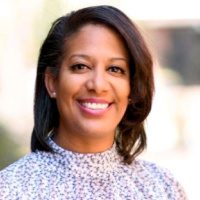
Shirley Baez served a little over 20 years in the U.S. Military. Her career stemmed from supply chain operations and Civil Affairs operations supporting different types of missions around the world. Connect with Shirley on LinkedIn.
